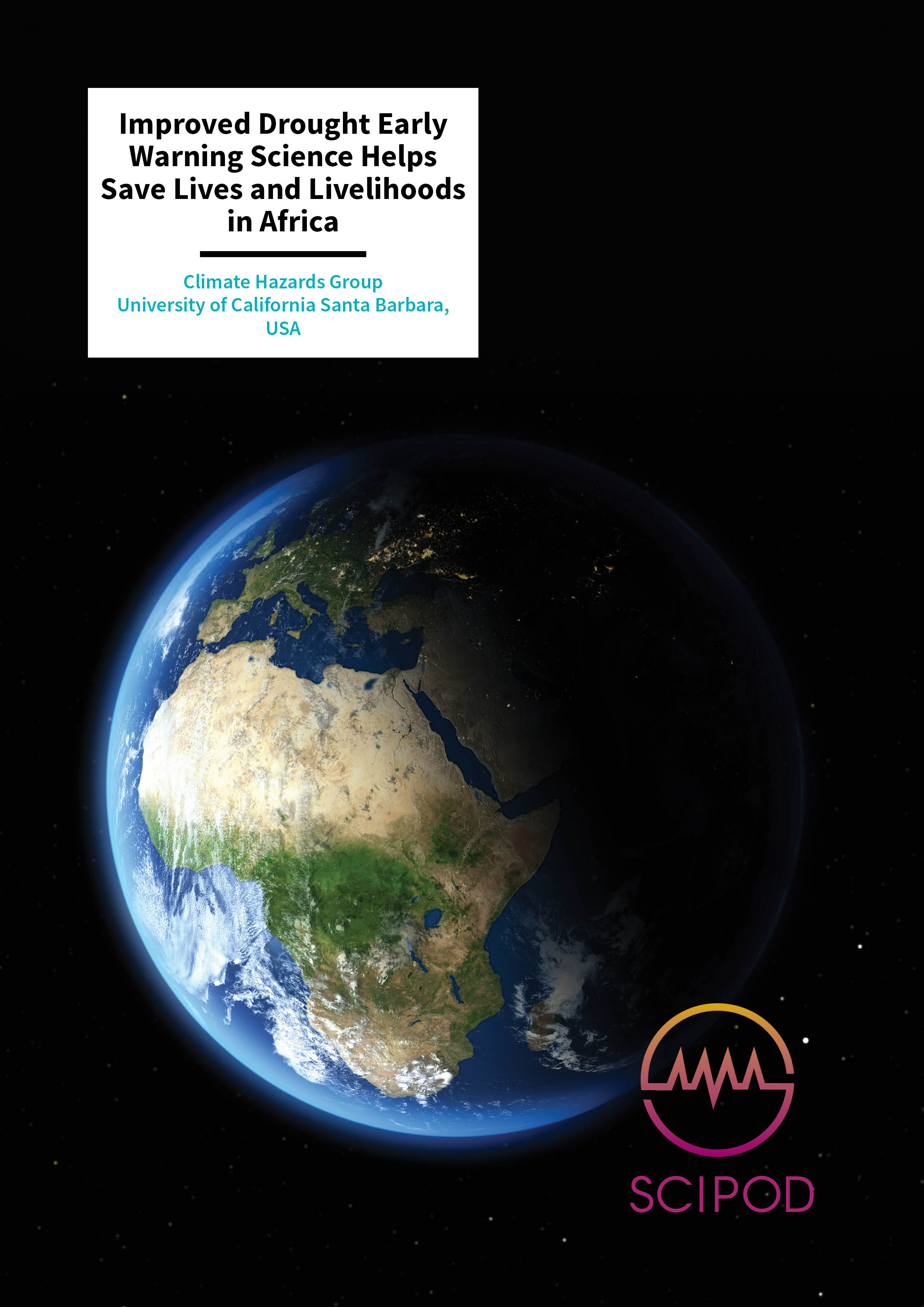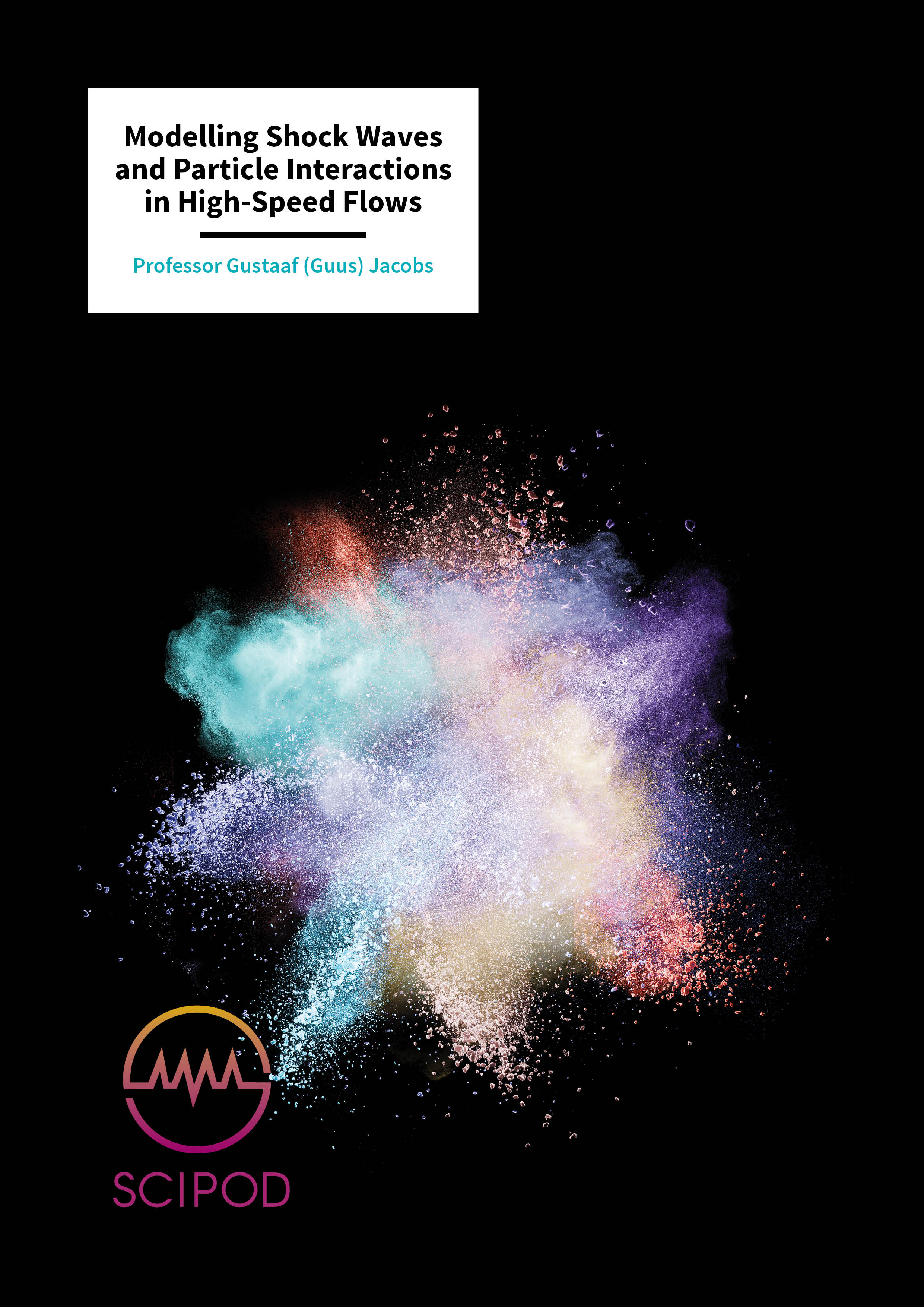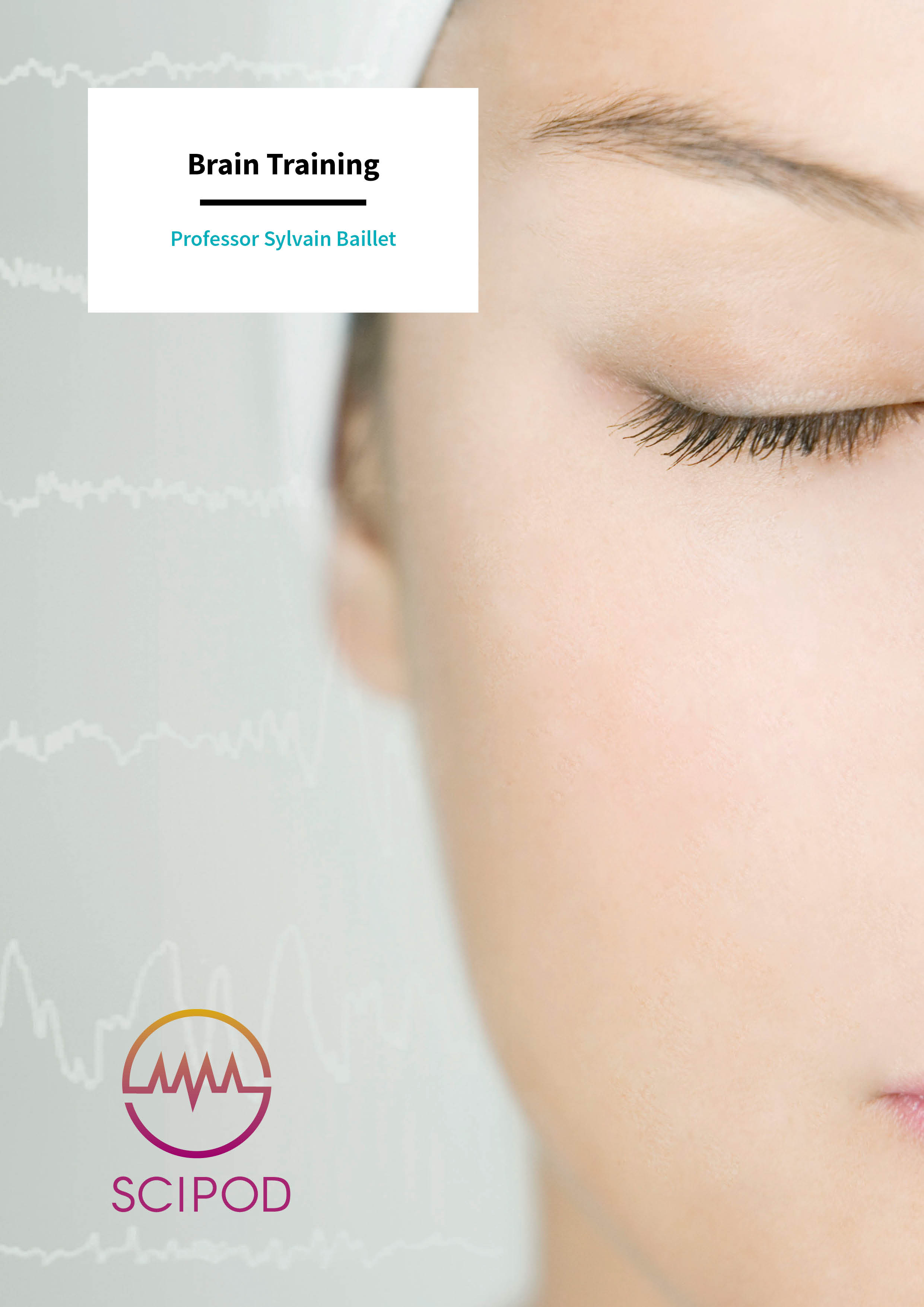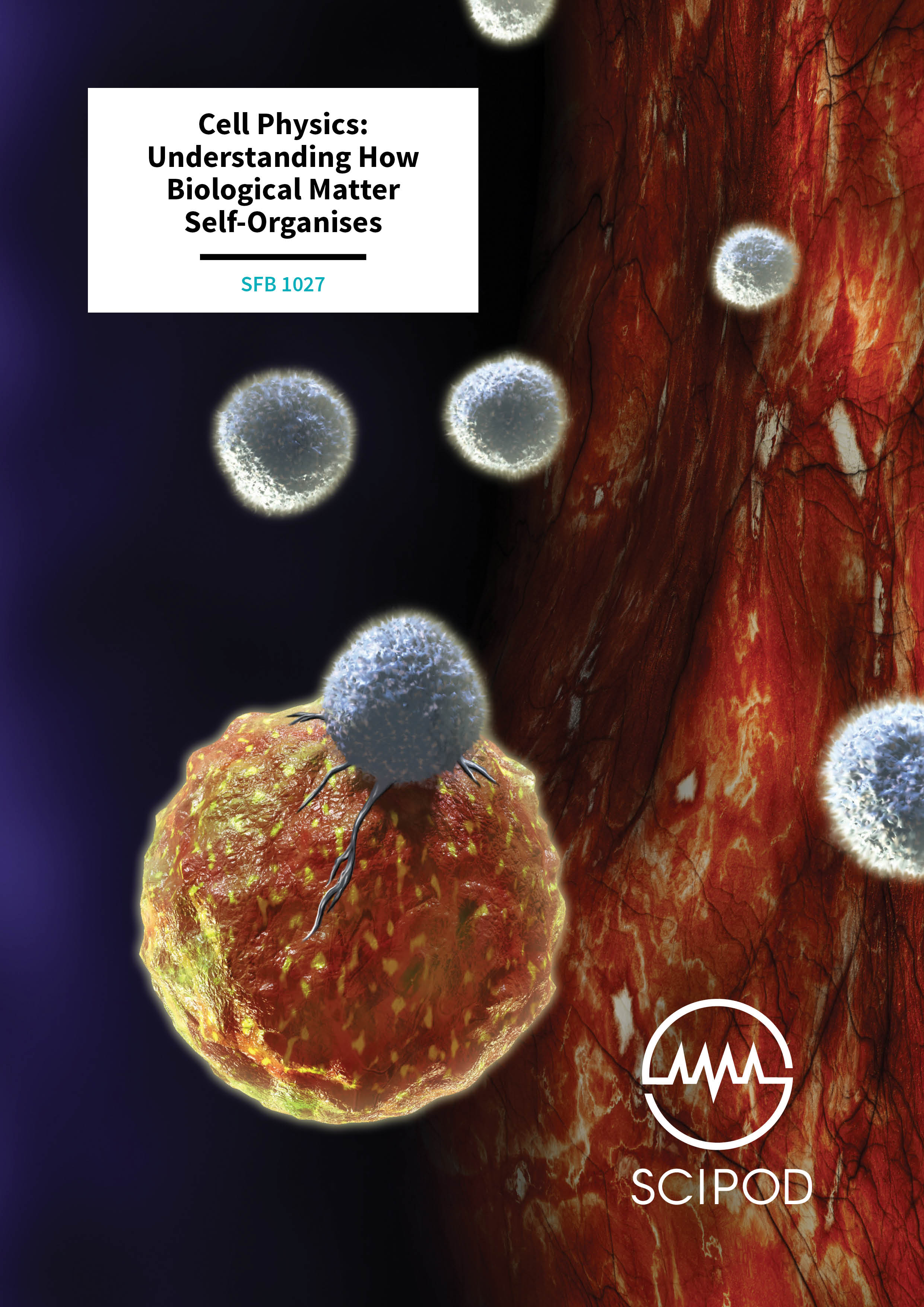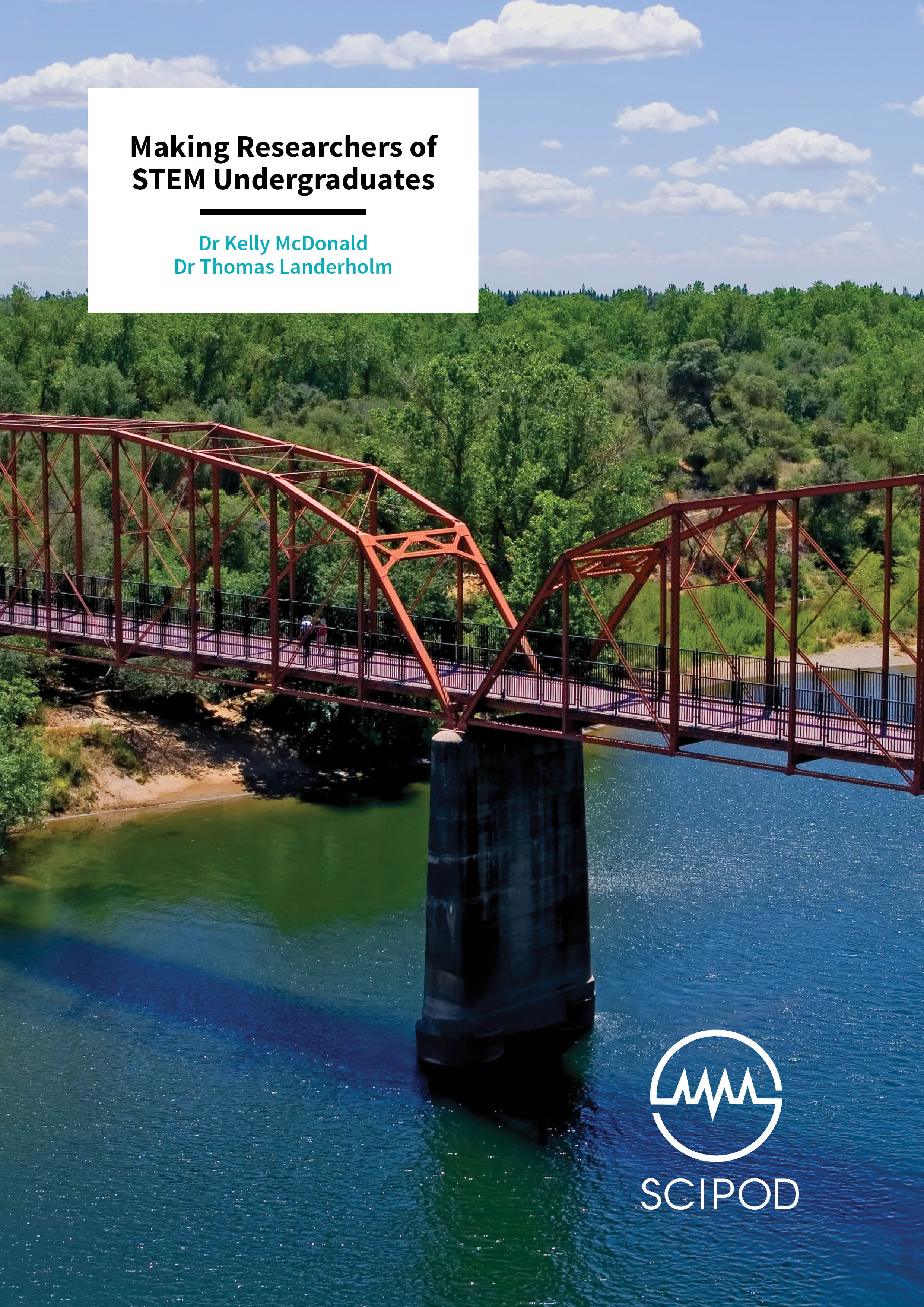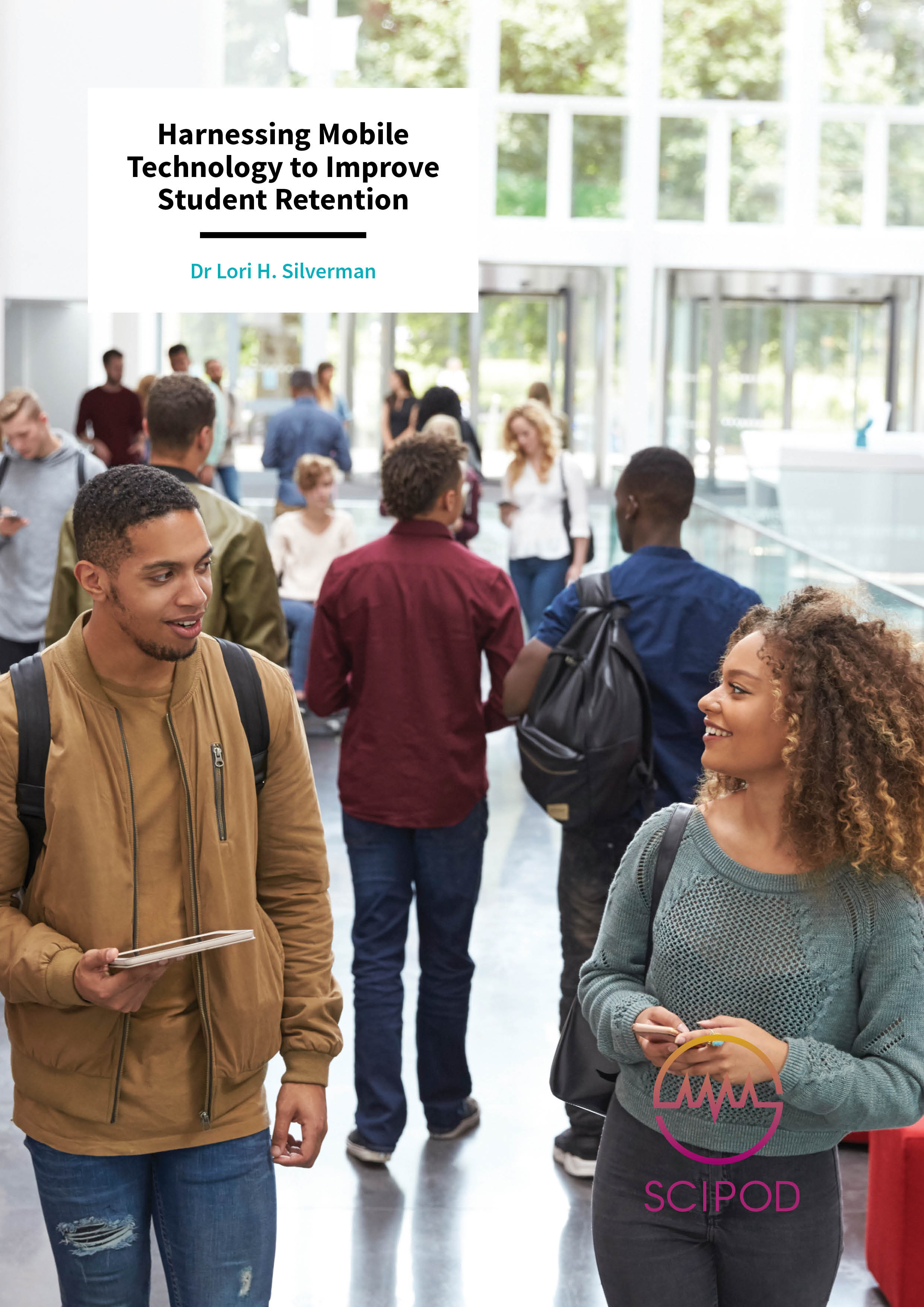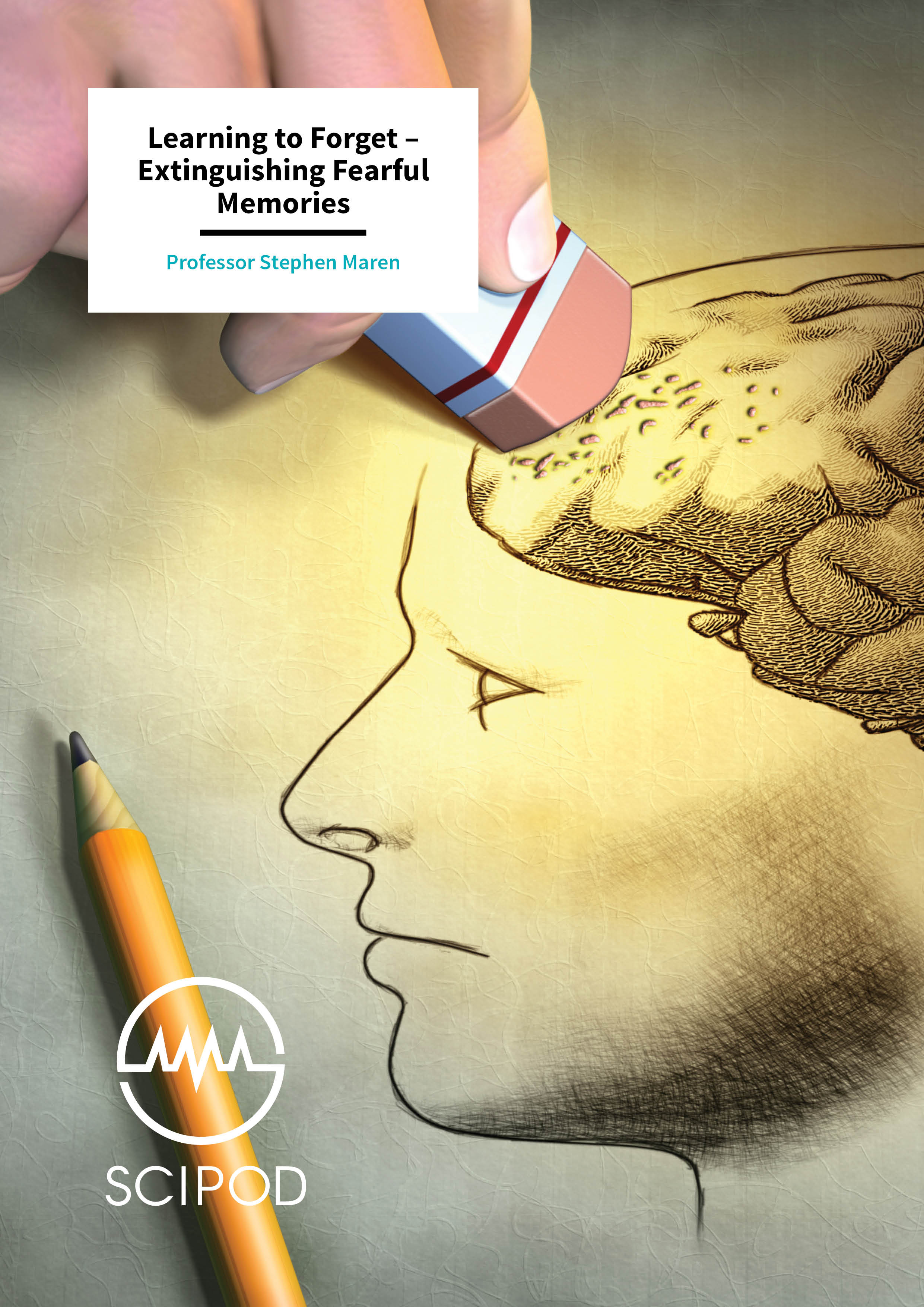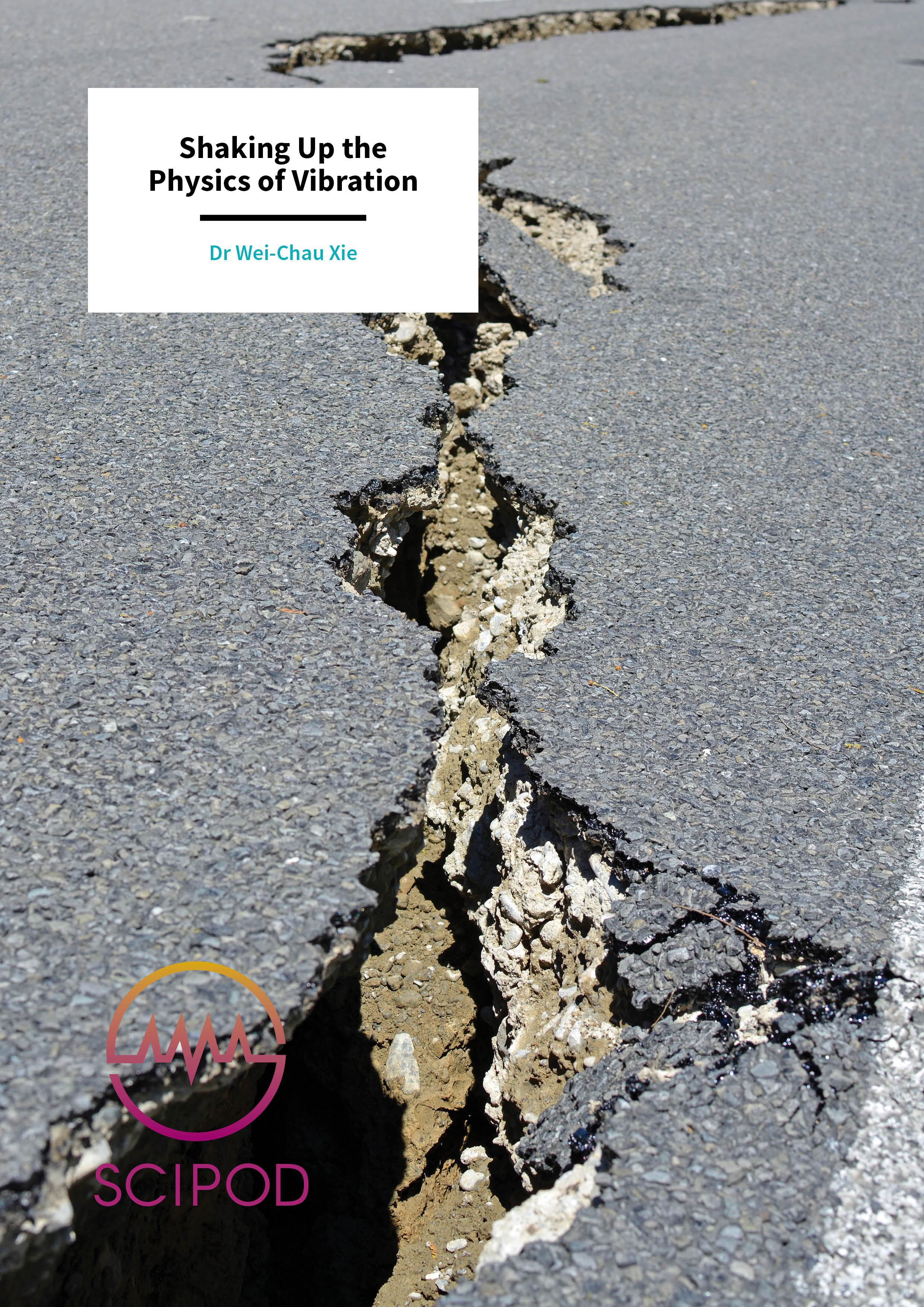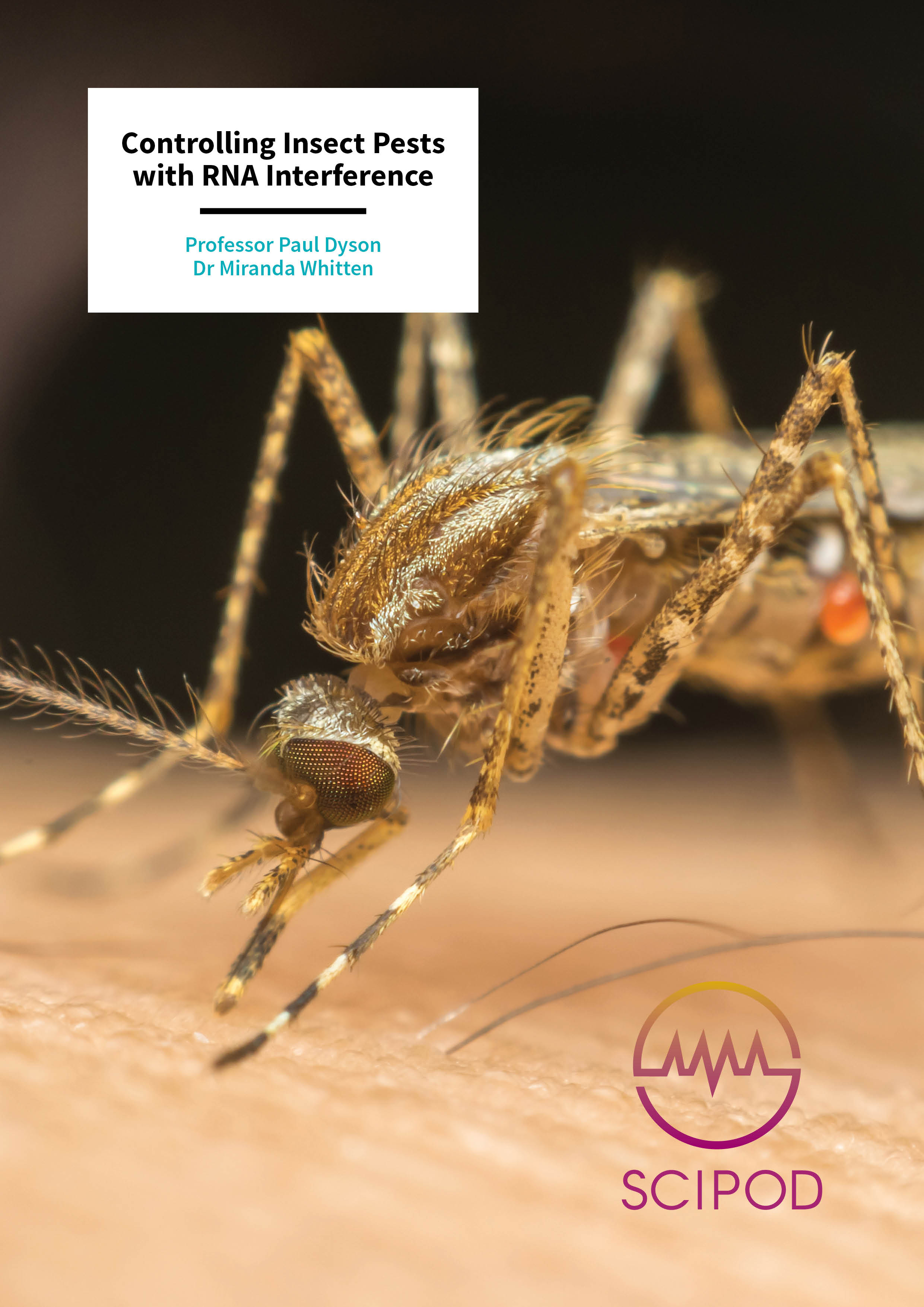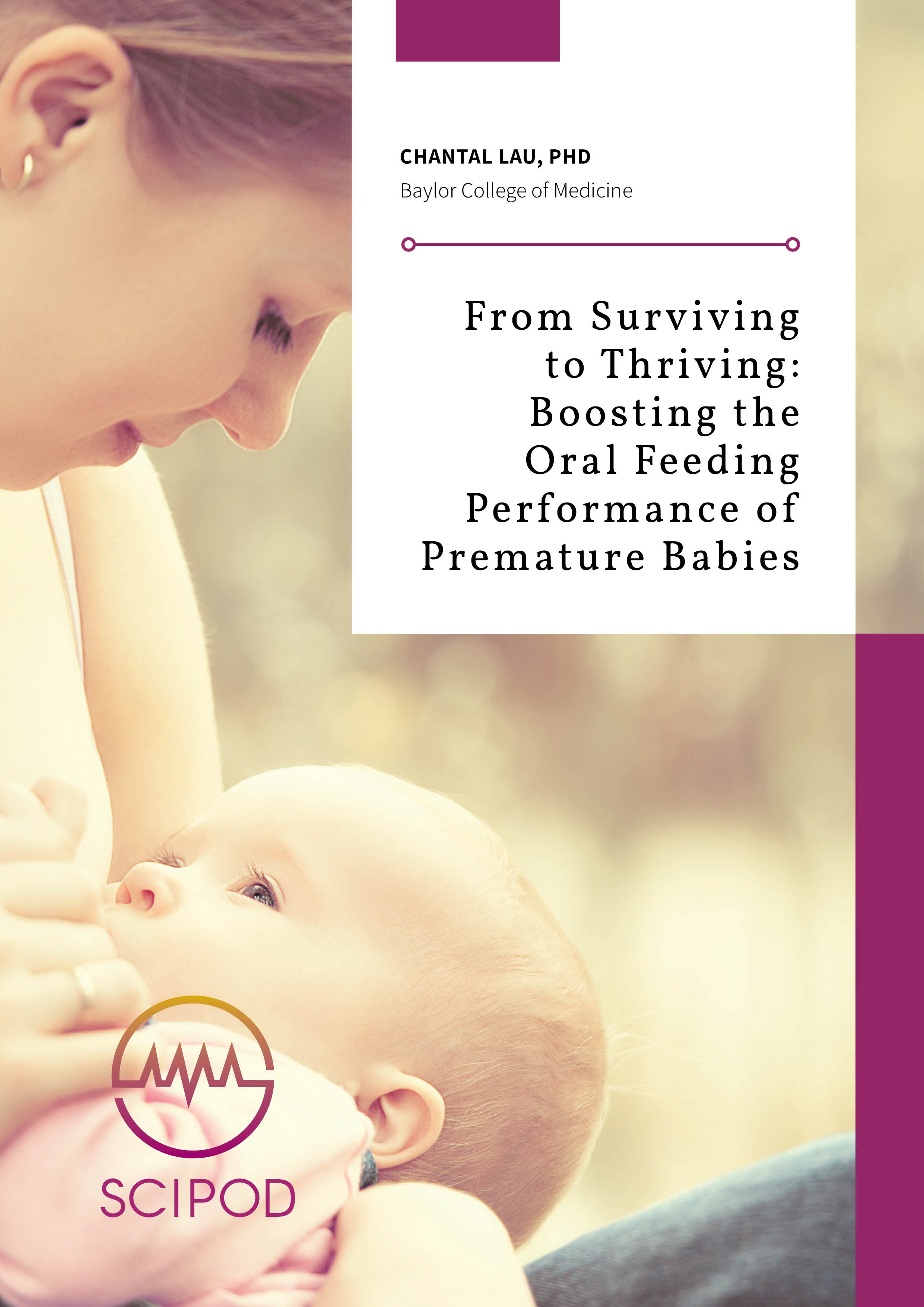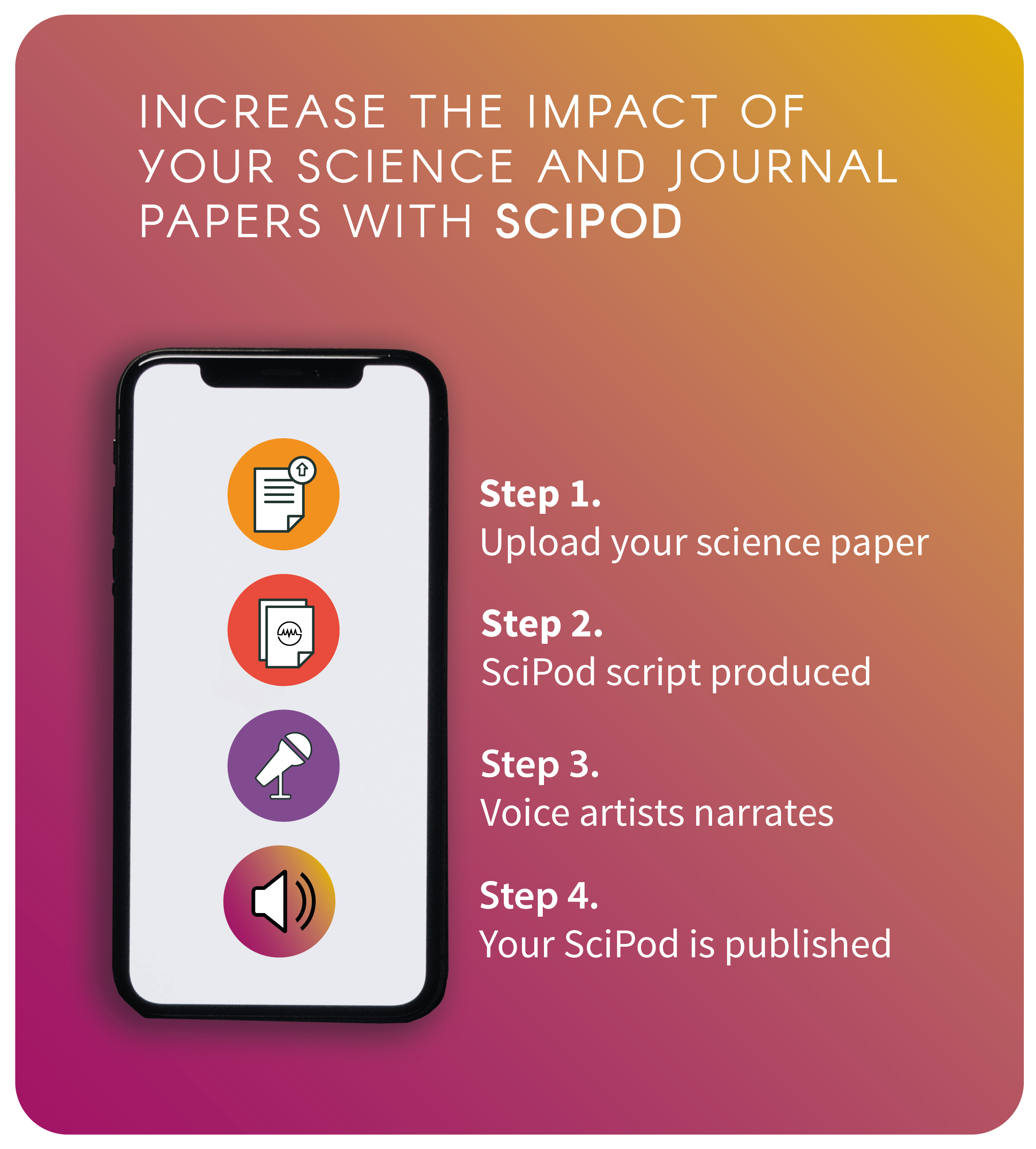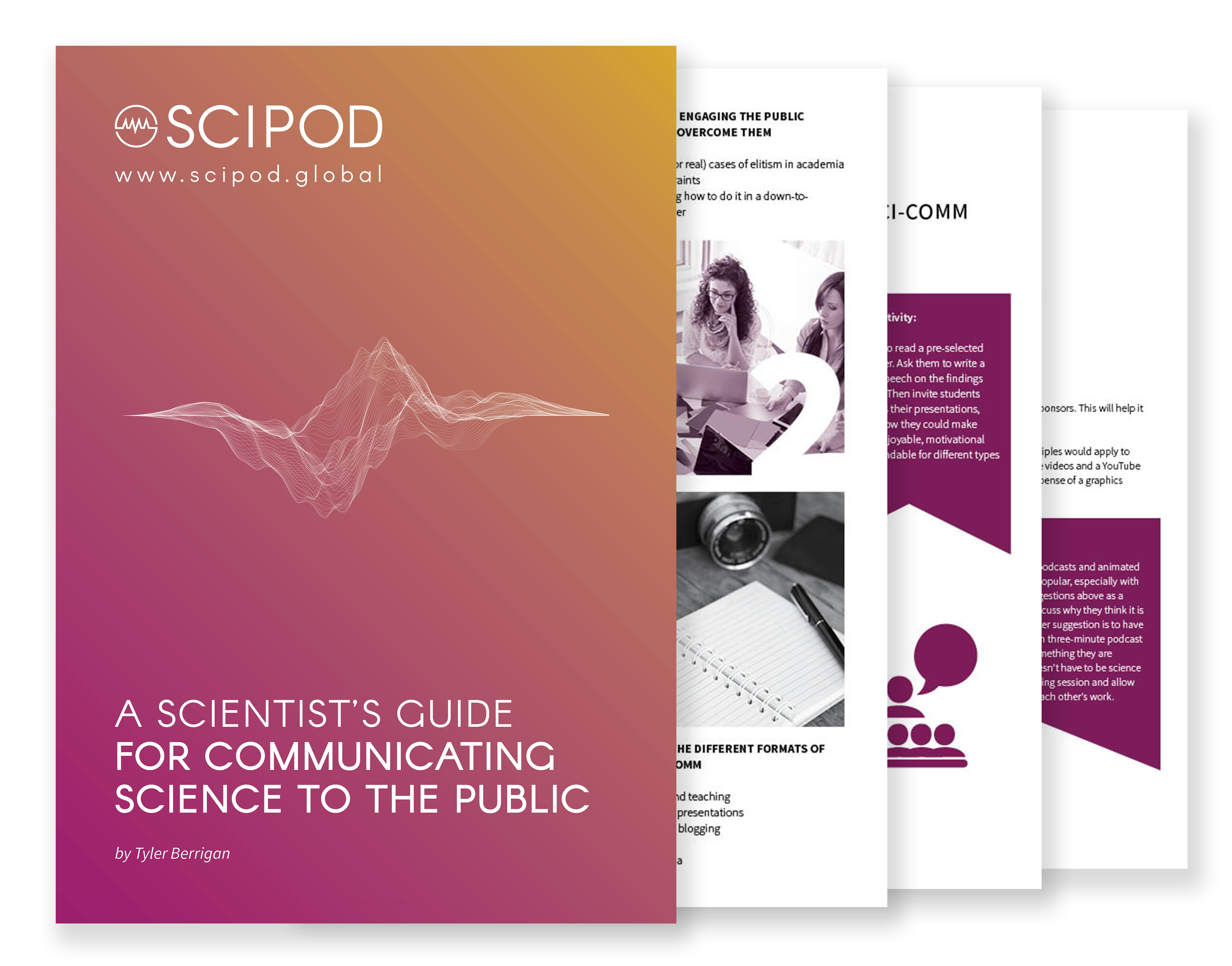Welcome to SciComm Radio
An exclusive interview series with leading scientists and science communicators

Click Below To Listen To A SciPod Radio Episode
Modelling Shock Waves and Particle Interactions in High-Speed Flows – Professor Gustaaf Jacobs, San Diego State University
Modelling Shock Waves and Particle Interactions in High-Speed Flows – Professor Gustaaf Jacobs, San Diego State University
Original Article Reference
https://doi.org/10.26320/SCIENTIA164
Share Episode
About this episode
Understanding how shock waves, flow dynamics and turbulence all interact and affect the distribution of particles has applications ranging from high-speed vehicles to explosions and even ocean sediment dynamics. Professor Gustaaf Jacobs at San Diego State University develops computational and self-learning models and algorithms to study the dynamics of shocked particles within high-speed flows.
This work is licensed under a Creative Commons Attribution 4.0 International License.  What does this mean? Share: You can copy and redistribute the material in any medium or format Adapt: You can change, and build upon the material for any purpose, even commercially. Credit: You must give appropriate credit, provide a link to the license, and indicate if changes were made.
What does this mean? Share: You can copy and redistribute the material in any medium or format Adapt: You can change, and build upon the material for any purpose, even commercially. Credit: You must give appropriate credit, provide a link to the license, and indicate if changes were made.
Related episodes
Increase the impact of your research
• Good science communication encourages everyday people to be scientifically literate so that they can analyse the integrity and legitimacy of information.
• Good science communication encourages people into STEM-related fields of study and employment.
• Good public science communication fosters a community around research that includes both members of the public, policymakers and scientists.
• In a recent survey, 75% of people suggested they would prefer to listen to an interesting story than read it.

Step 1 Upload your science paper
Step 2 SciPod script written
Step 3 Voice audio recorded
Step 4 SciPod published
Brain Training – Professor Sylvain Baillet, McGill University
Brain Training – Professor Sylvain Baillet, McGill University
Original Article Reference
https://doi.org/10.26320/SCIENTIA163
Share Episode
About this episode
Gaining insight into the brain and its inner workings improves our understanding of behaviour and our knowledge of the diseases and treatments of our most complex organ. Professor Sylvain Baillet and his research team at the McConnell Brain Imaging Centre of the Montreal Neurological Institute, are illuminating the brain and its functions using the latest real-time imaging technology.
This work is licensed under a Creative Commons Attribution 4.0 International License.  What does this mean? Share: You can copy and redistribute the material in any medium or format Adapt: You can change, and build upon the material for any purpose, even commercially. Credit: You must give appropriate credit, provide a link to the license, and indicate if changes were made.
What does this mean? Share: You can copy and redistribute the material in any medium or format Adapt: You can change, and build upon the material for any purpose, even commercially. Credit: You must give appropriate credit, provide a link to the license, and indicate if changes were made.
Related episodes
Increase the impact of your research
• Good science communication encourages everyday people to be scientifically literate so that they can analyse the integrity and legitimacy of information.
• Good science communication encourages people into STEM-related fields of study and employment.
• Good public science communication fosters a community around research that includes both members of the public, policymakers and scientists.
• In a recent survey, 75% of people suggested they would prefer to listen to an interesting story than read it.

Step 1 Upload your science paper
Step 2 SciPod script written
Step 3 Voice audio recorded
Step 4 SciPod published
Cell Physics, Understanding How Biological Matter Self-Organises – The Collaborative Research Centre SFB 1027 at the Saarland University
Cell Physics, Understanding How Biological Matter Self-Organises – The Collaborative Research Centre SFB 1027 at the Saarland University
Original Article Reference
https://doi.org/10.26320/SCIENTIA156
Share Episode
About this episode
The Collaborative Research Centre SFB 1027 at the Saarland University in Saarbrücken and Homburg is an interdisciplinary research team that aims to achieve a quantitative understanding of the physical mechanisms at work when biological matter self-organises into complex structures. Such self-organisation allows biological systems to perform dynamic functions including cell migration and polarisation, cell-cell adherence and synaptic transmission, biofilm formation and tissue growth.
This work is licensed under a Creative Commons Attribution 4.0 International License. 
What does this mean?
Share: You can copy and redistribute the material in any medium or format
Adapt: You can change, and build upon the material for any purpose, even commercially.
Credit: You must give appropriate credit, provide a link to the license, and indicate if changes were made.
Related episodes
Increase the impact of your research
• Good science communication encourages everyday people to be scientifically literate so that they can analyse the integrity and legitimacy of information.
• Good science communication encourages people into STEM-related fields of study and employment.
• Good public science communication fosters a community around research that includes both members of the public, policymakers and scientists.
• In a recent survey, 75% of people suggested they would prefer to listen to an interesting story than read it.

Step 1 Upload your science paper
Step 2 SciPod script written
Step 3 Voice audio recorded
Step 4 SciPod published
Making Researchers of STEM Undergraduates – Drs Kelly McDonald and Thomas Landerholm, California State University, Sacramento
Making Researchers of STEM Undergraduates – Drs Kelly McDonald and Thomas Landerholm, California State University, Sacramento
Original Article Reference
https://doi.org/10.26320/SCIENTIA150
Share Episode
About this episode
This work is licensed under a Creative Commons Attribution 4.0 International License. 
What does this mean?
Share: You can copy and redistribute the material in any medium or format
Adapt: You can change, and build upon the material for any purpose, even commercially.
Credit: You must give appropriate credit, provide a link to the license, and indicate if changes were made.
Related episodes
Increase the impact of your research
• Good science communication encourages everyday people to be scientifically literate so that they can analyse the integrity and legitimacy of information.
• Good science communication encourages people into STEM-related fields of study and employment.
• Good public science communication fosters a community around research that includes both members of the public, policymakers and scientists.
• In a recent survey, 75% of people suggested they would prefer to listen to an interesting story than read it.

Step 1 Upload your science paper
Step 2 SciPod script written
Step 3 Voice audio recorded
Step 4 SciPod published
Harnessing Mobile Technology to Improve Student Retention – Dr Lori H. Silverman, Colytix Inc
Harnessing Mobile Technology to Improve Student Retention – Dr Lori H. Silverman, Colytix Inc
Original Article Reference
https://doi.org/10.26320/SCIENTIA157
Share Episode
About this episode
Dr Lori Silverman, an expert in education and student retention, is the Co-Founder and Chief Executive Officer of Colytix. The company, founded in 2016, is developing innovative tools for higher education students to improve success and retention rates in class, while creating a platform for the analysis of factors that contribute to student success rates.
This work is licensed under a Creative Commons Attribution 4.0 International License. 
What does this mean?
Share: You can copy and redistribute the material in any medium or format
Adapt: You can change, and build upon the material for any purpose, even commercially.
Credit: You must give appropriate credit, provide a link to the license, and indicate if changes were made.
Related episodes
Increase the impact of your research
• Good science communication encourages everyday people to be scientifically literate so that they can analyse the integrity and legitimacy of information.
• Good science communication encourages people into STEM-related fields of study and employment.
• Good public science communication fosters a community around research that includes both members of the public, policymakers and scientists.
• In a recent survey, 75% of people suggested they would prefer to listen to an interesting story than read it.

Step 1 Upload your science paper
Step 2 SciPod script written
Step 3 Voice audio recorded
Step 4 SciPod published
Learning to Forget, Extinguishing Fearful Memories – Professor Stephen Maren, Texas A&M University
Learning to Forget, Extinguishing Fearful Memories – Professor Stephen Maren, Texas A&M University
Original Article Reference
https://doi.org/10.26320/SCIENTIA151
Share Episode
About this episode
We often hear how impairments in learning can have a negative impact on peoples’ lives but what about problems with forgetting? The inability to forget the association between everyday cues and previous traumatic events underlies anxiety-related disorders, such as post-traumatic stress disorder (PTSD). Professor Stephen Maren at Texas A&M university is using cutting-edge techniques to reveal the neural basis of the relapse of traumatic memories.
This work is licensed under a Creative Commons Attribution 4.0 International License. 
What does this mean?
Share: You can copy and redistribute the material in any medium or format
Adapt: You can change, and build upon the material for any purpose, even commercially.
Credit: You must give appropriate credit, provide a link to the license, and indicate if changes were made.
Related episodes
Increase the impact of your research
• Good science communication encourages everyday people to be scientifically literate so that they can analyse the integrity and legitimacy of information.
• Good science communication encourages people into STEM-related fields of study and employment.
• Good public science communication fosters a community around research that includes both members of the public, policymakers and scientists.
• In a recent survey, 75% of people suggested they would prefer to listen to an interesting story than read it.

Step 1 Upload your science paper
Step 2 SciPod script written
Step 3 Voice audio recorded
Step 4 SciPod published
Good Bacteria Gone Bad – Professor Hannah M. Wexler, VA Health Care System
Good Bacteria Gone Bad – Professor Hannah M. Wexler, VA Health Care System
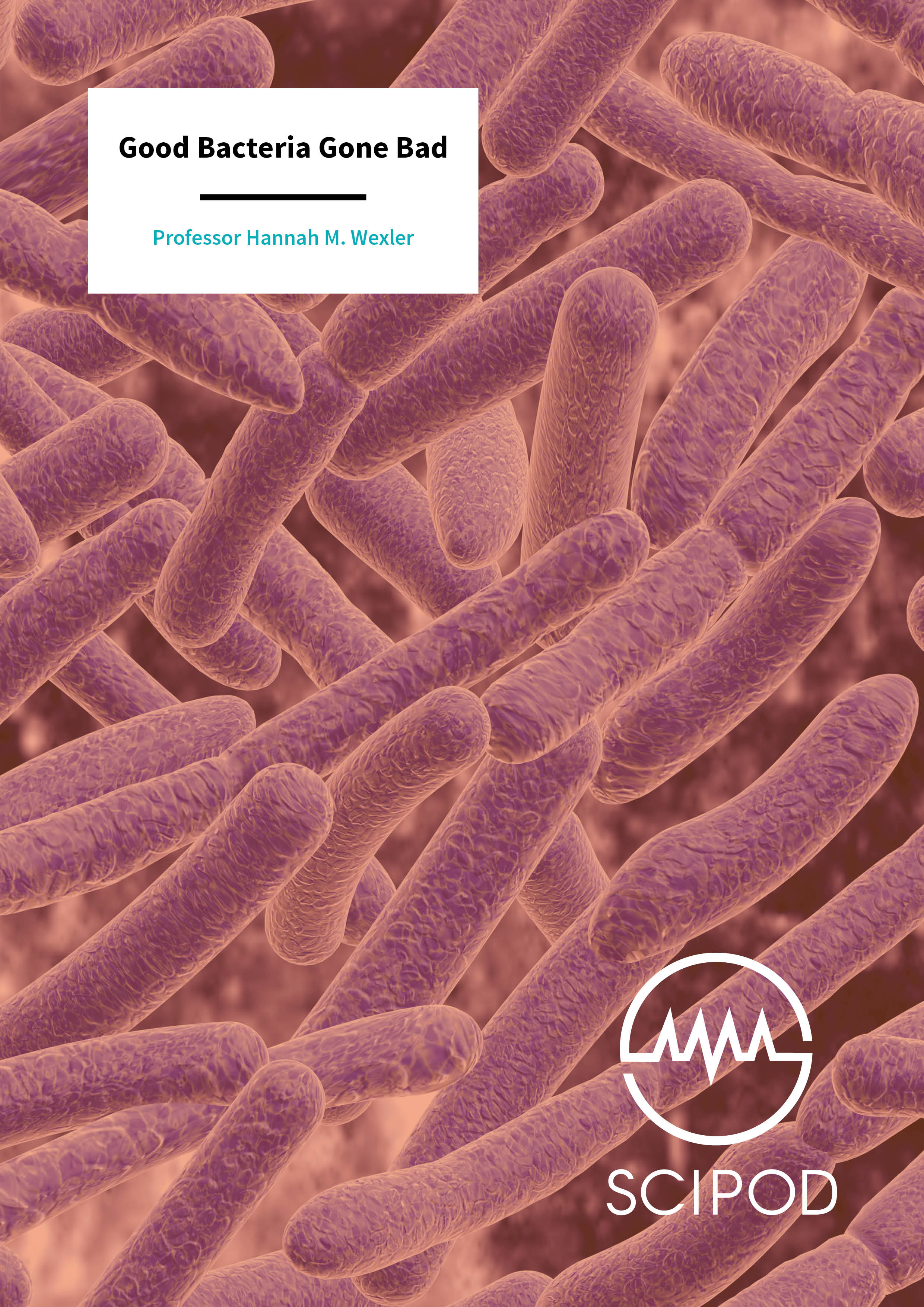
You may also like …
Improving High Performance Data Analytics Platforms & Smart Systems: Resource Management and Middleware
Improving High Performance Data Analytics Platforms & Smart Systems: Resource Management and Middleware
Our rapidly increasing production of data is straining computer infrastructures to unprecedented levels. As researchers develop much-needed coping mechanisms, Dr Shikharesh Majumdar at Carleton University focuses on two important solutions to the issue: creating techniques for efficiently handling the analysis of large amounts of data and developing middleware platforms that unify geographically scattered computer and storage resources.
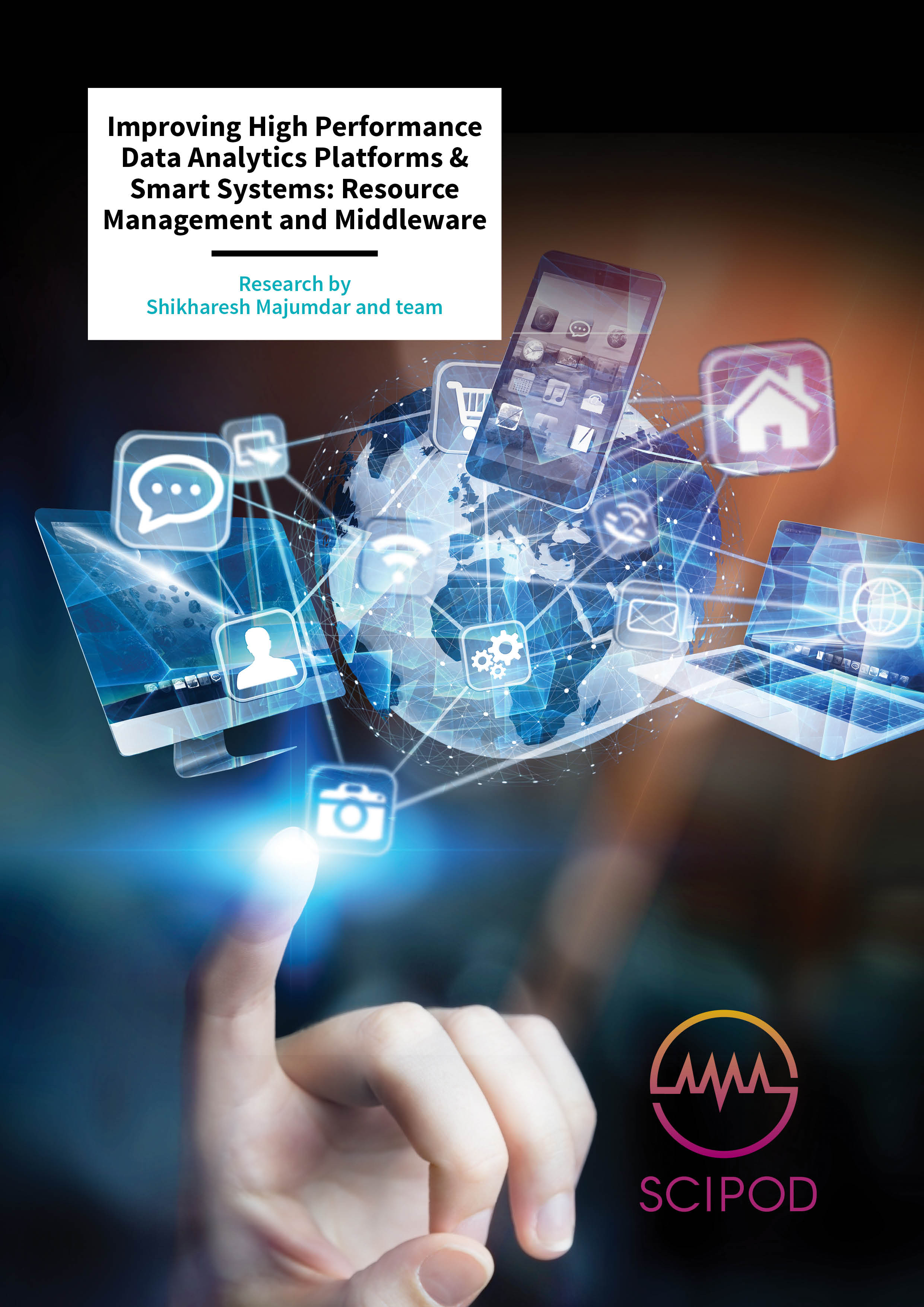
You may also like …
Peroxisomes on the Rise – Professor Michael Schrader, University of Exeter
Peroxisomes on the Rise – Professor Michael Schrader, University of Exeter
Professor Michael Schrader and his team at the University of Exeter are working to decipher how specialised compartments within cells called peroxisomes are formed and function to perform vital roles in processing the lipids that coat nerve cells and in defending the cell against oxidative stress. The team is deciphering the fundamental molecular mechanisms that link peroxisomes to neurological disease and the process of ageing.
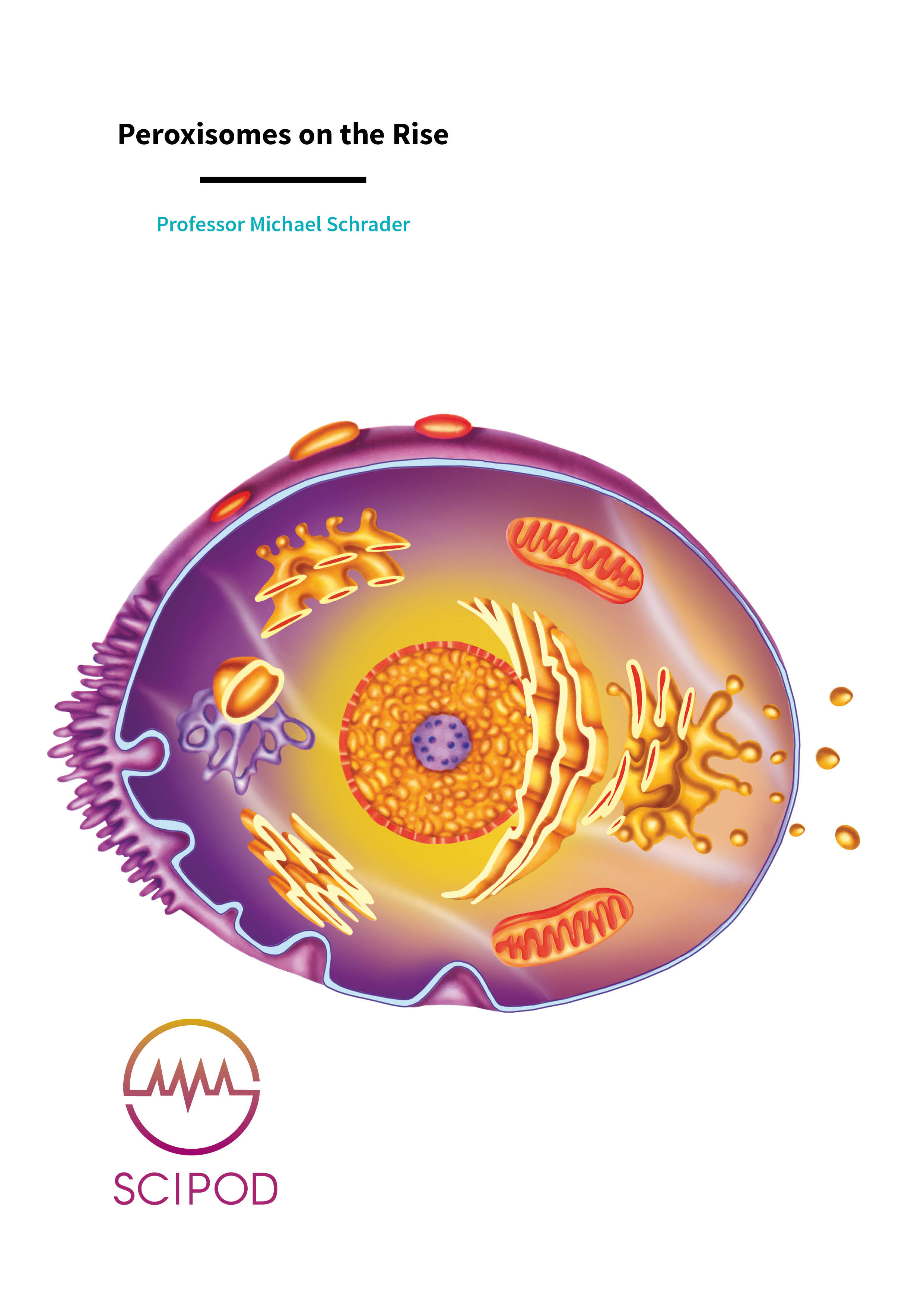
You may also like …
Vitamin D and Preeclampsia, Joining the Dots – Professor Yuping Wang, Louisiana State University Health Sciences Centre
Vitamin D and Preeclampsia, Joining the Dots – Professor Yuping Wang, Louisiana State University Health Sciences Centre
Preeclampsia is a common but serious complication of pregnancy that can harm both mother and baby. Recent research has identified vitamin D deficiency as a risk factor for developing preeclampsia and also the beneficial effects of vitamin D supplementation on this pregnancy disorder, but the mechanisms for this are still not clear. Professor Yuping Wang at Louisiana State University has been investigating this question by studying the effects of vitamin D on the placenta.
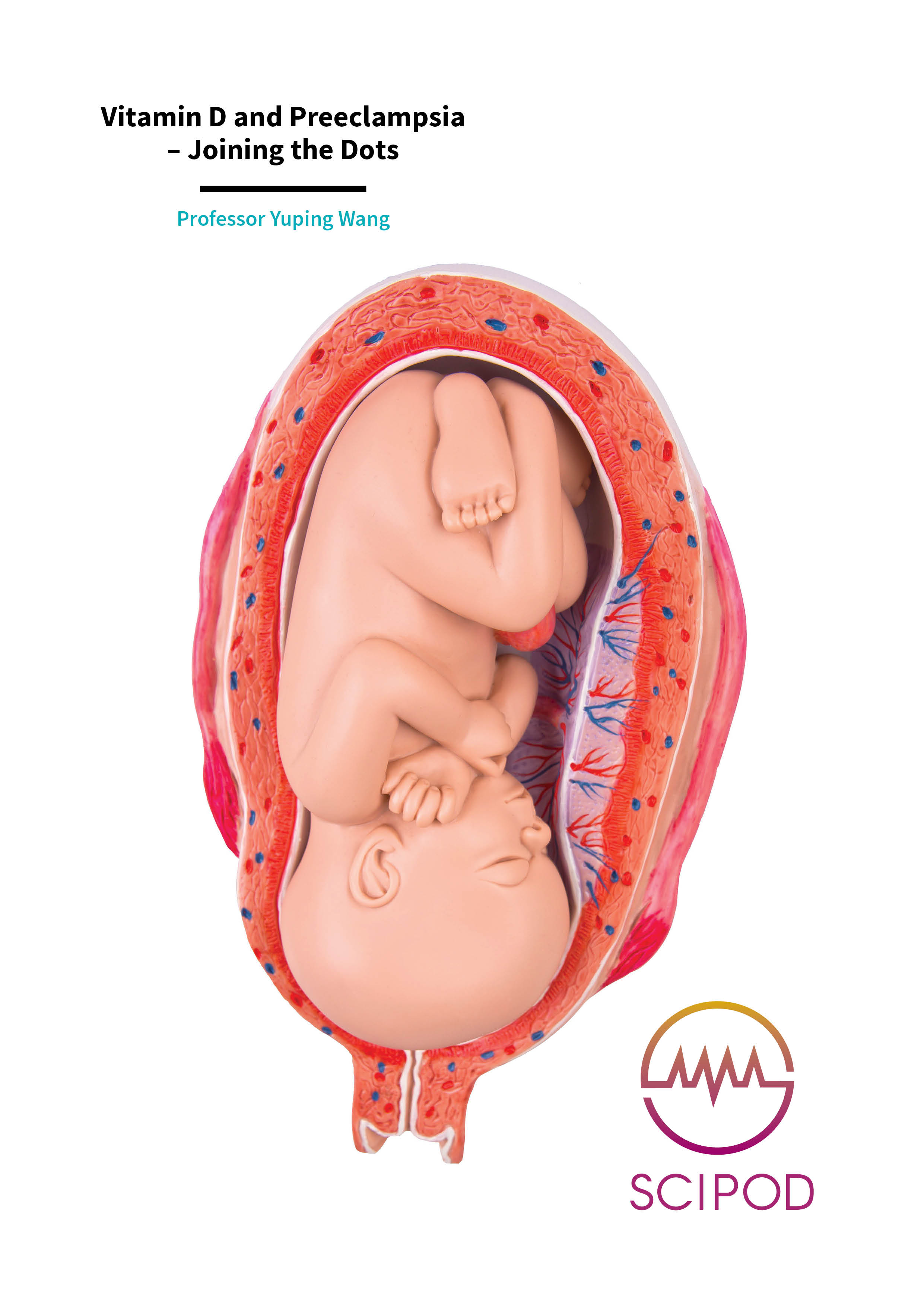
You may also like …
Multi-Sensory Tools for Autism – Lois Jean Brady and Matthew Guggemos, iTherapy LLC
Multi-Sensory Tools for Autism – Lois Jean Brady and Matthew Guggemos, iTherapy LLC
For children with autism, communication can be a challenge. Drawing from a wealth of clinical experience, speech pathologists Lois Brady and Matthew Guggemos at iTherapy, LLC are developing innovative, engaging multi-sensory communication tools with the aim of improving quality of life for individuals with autism.
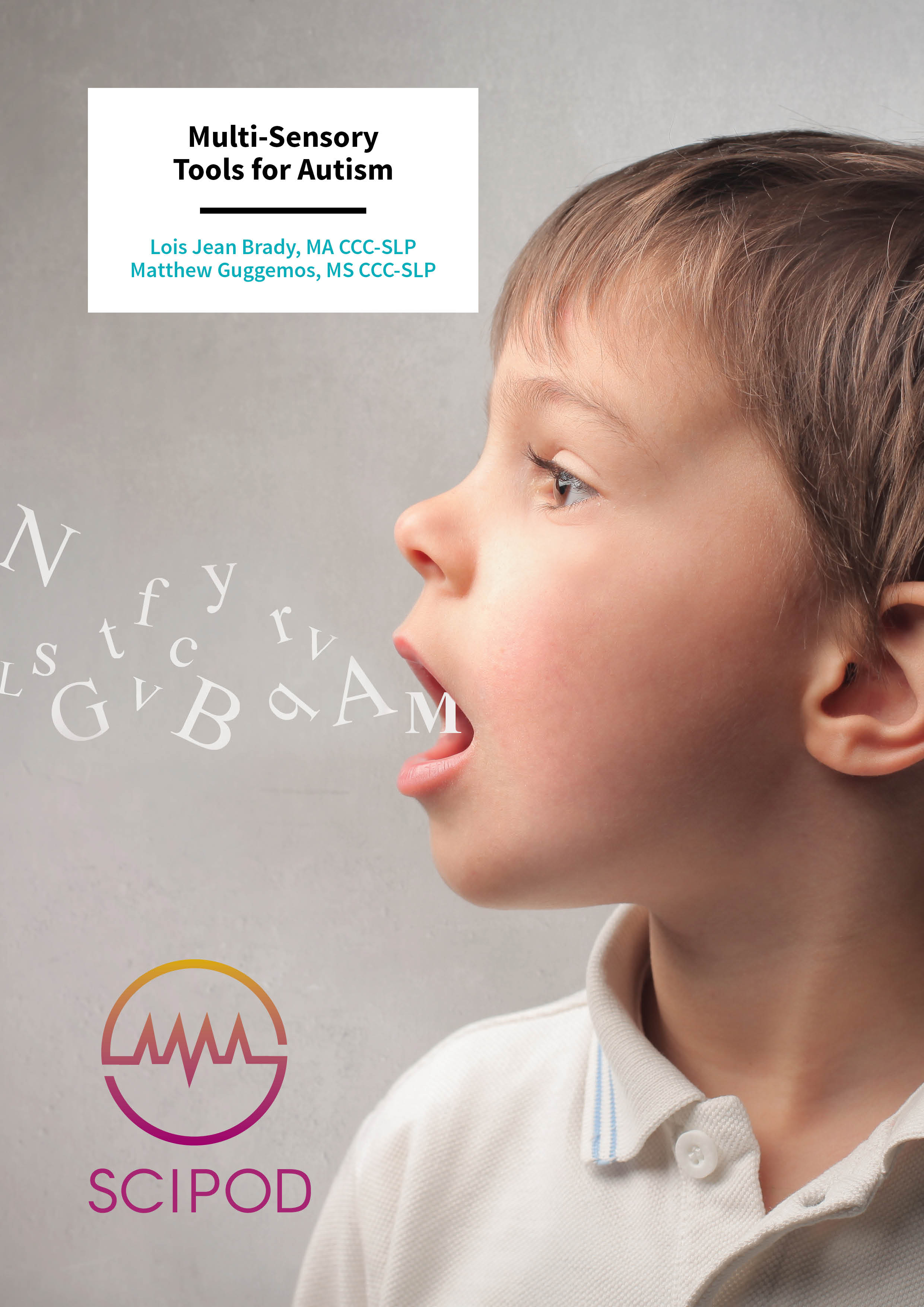
You may also like …
A Holistic Approach to the Energy Crisis – Dr Saniya LeBlanc, The George Washington University
A Holistic Approach to the Energy Crisis – Dr Saniya LeBlanc, The George Washington University
Energy surrounds us in everything that we do – it’s in the sunlight that lights our world, it’s in the Earth beneath our feet, and it radiates from our own bodies. Yet we are currently facing an energy crisis like no other. New technologies are needed to push past this challenge, and researchers like Dr Saniya LeBlanc and her team at The George Washington University are helping to get us there.

You may also like …
More Reasons to Eat Your Greens Boosting Phytochemicals in Vegetables – Dr C. B. Rajashekar, Kansas State University
More Reasons to Eat Your Greens Boosting Phytochemicals in Vegetables – Dr C. B. Rajashekar, Kansas State University
Many plants contain phytochemicals – unique chemicals that can prevent diseases such as heart disease, cancer and obesity. Dr C. B. Rajashekar and his colleagues at Kansas State University are investigating ways to increase the concentration of these constituents in common vegetables, without adversely affecting normal growth and yield. The key lies in subjecting them to mild environmental stresses.
[lbg_audio2_html5 settings_id=’107′]
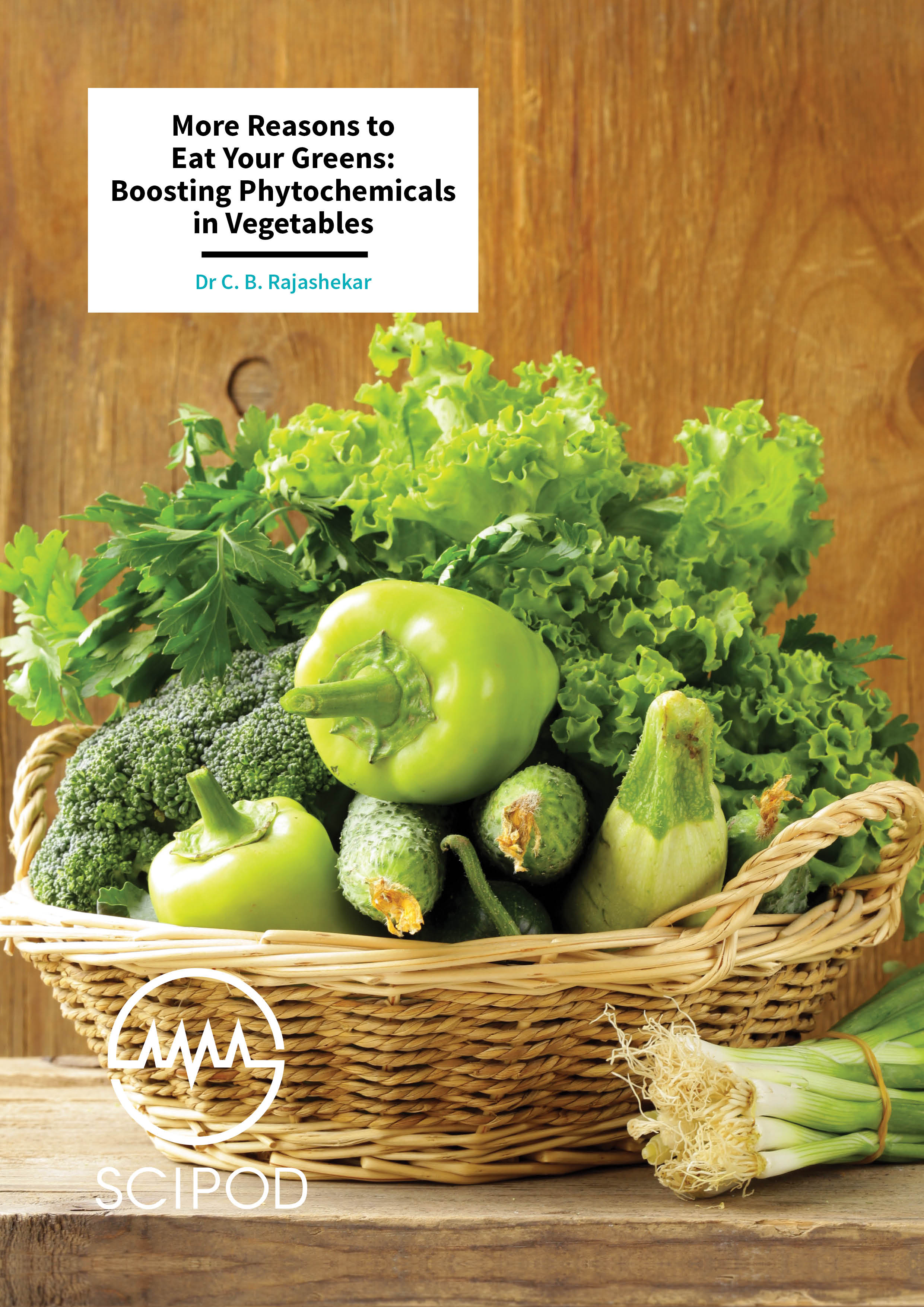
You may also like …
Metal Transport Unlocks Routes to New Antibiotics – Dr Albert Guskov, University of Groningen
Metal Transport Unlocks Routes to New Antibiotics – Dr Albert Guskov, University of Groningen
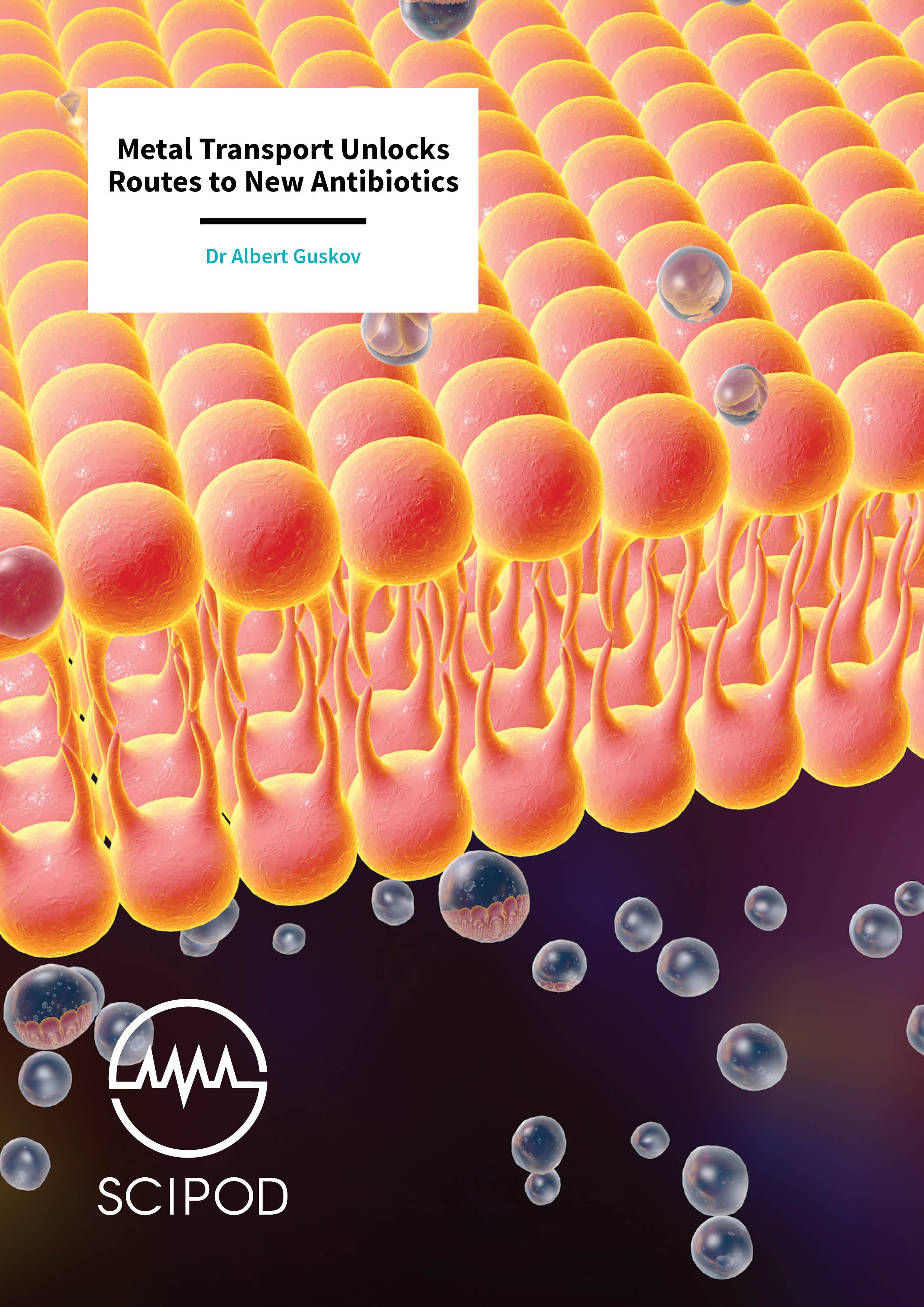
You may also like …
Shaking Up the Physics of Vibration – Dr Wei-Chau Xie, University of Waterloo
Shaking Up the Physics of Vibration – Dr Wei-Chau Xie, University of Waterloo
Original Article Reference
https://doi.org/10.26320/SCIENTIA186
Share Episode
About this episode
This work is licensed under a Creative Commons Attribution 4.0 International License. 
What does this mean?
Share: You can copy and redistribute the material in any medium
or format
Adapt: You can change, and build upon the material for any
purpose, even commercially.
Credit: You must give appropriate credit, provide a link to the
license, and indicate if changes were made.
Related episodes
Increase the impact of your research
• Good science communication encourages everyday people to be scientifically literate so that they can analyse the integrity and legitimacy of information.
• Good science communication encourages people into STEM-related fields of study and employment.
• Good public science communication fosters a community around research that includes both members of the public, policymakers and scientists.
• In a recent survey, 75% of people suggested they would prefer to listen to an interesting story than read it.

Upload your science paper
Step 2
SciPod script written
Step 3
Voice audio recorded
Step 4
SciPod published
Controlling Insect Pests with RNA Interference – Professor Paul Dyson and Dr Miranda Whitten, Swansea University
Controlling Insect Pests with RNA Interference – Professor Paul Dyson and Dr Miranda Whitten, Swansea University
Professor Paul Dyson and Dr Miranda Whitten at Swansea University in the UK are developing insect pest control methods using endosymbiotic bacteria that target the insects ‘from within’ using RNA interference.
Supernova-accelerated Electrons to Dark Matter – Professor Dr Uli Klein, University of Bonn
Supernova-accelerated Electrons to Dark Matter – Professor Dr Uli Klein, University of Bonn
Considering we didn’t know of their existence just a century ago, our current knowledge of the structures and dynamics of galaxies is extraordinarily impressive. Among those who have enhanced our understanding of these building blocks of the Universe is Dr Uli Klein, a former researcher at the University of Bonn who spent 45 years as a radio astronomer. Now retired, Dr Klein is dedicated to sharing his extensive knowledge with students of astronomy and astrophysics, and with the wider public.
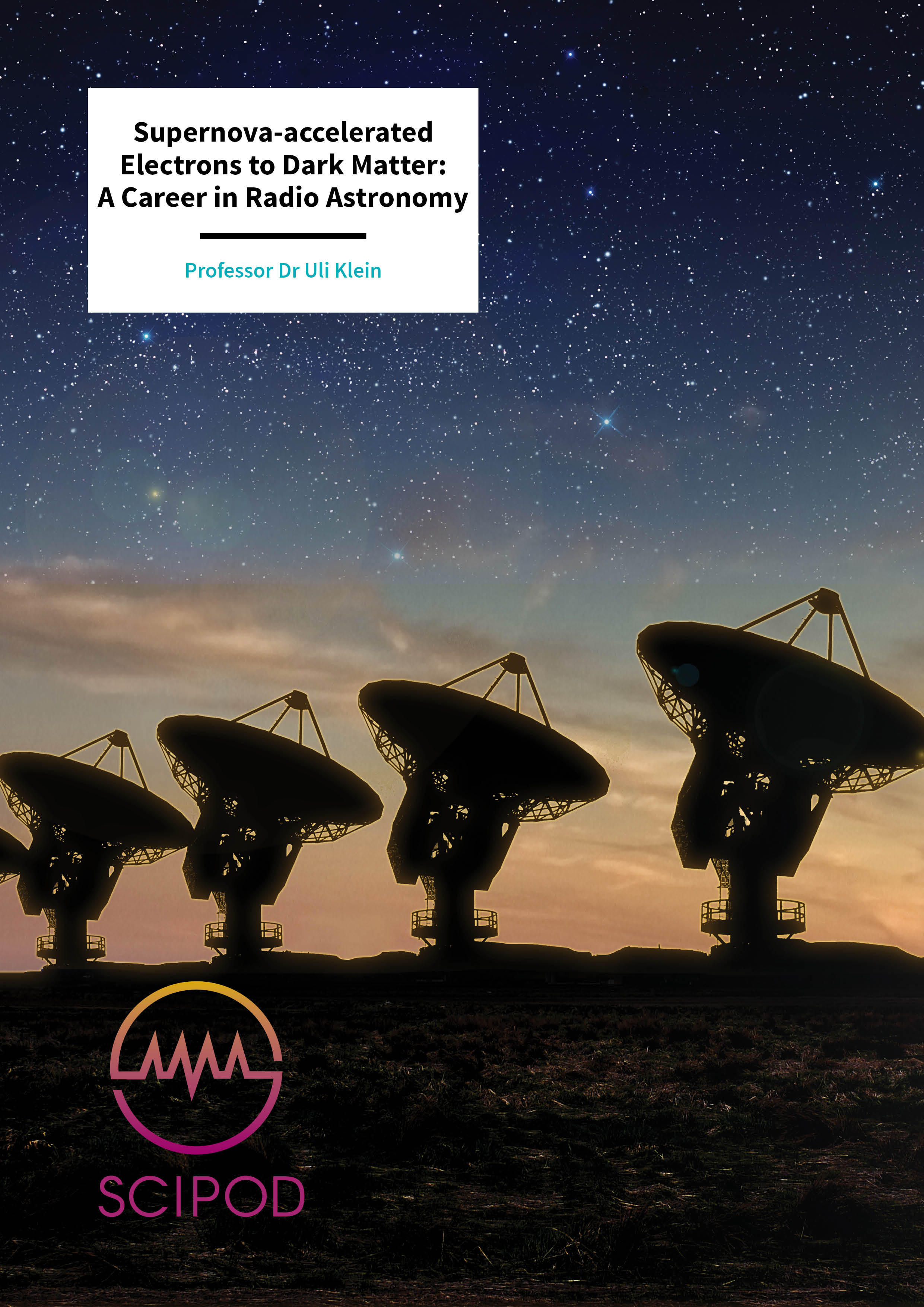
You may also like …
Towards Low-Cost, Low-Impact Marine Renewable Energy – Drs Grace Chang and Craig Jones, Integral Consulting Inc.
Towards Low-Cost, Low-Impact Marine Renewable Energy – Drs Grace Chang and Craig Jones, Integral Consulting Inc.
As we move towards a sustainable future, there is a growing interest in marine renewable energy technologies such as marine hydrokinetic devices and offshore wind turbines. However, the viability of these technologies and the potential environmental effects associated with their implementation needs to be established. Scientists Dr Craig Jones and Dr Grace Chang, from Integral Consulting Incorporated, USA, are working towards this goal.
[lbg_audio2_html5 settings_id=’103′]
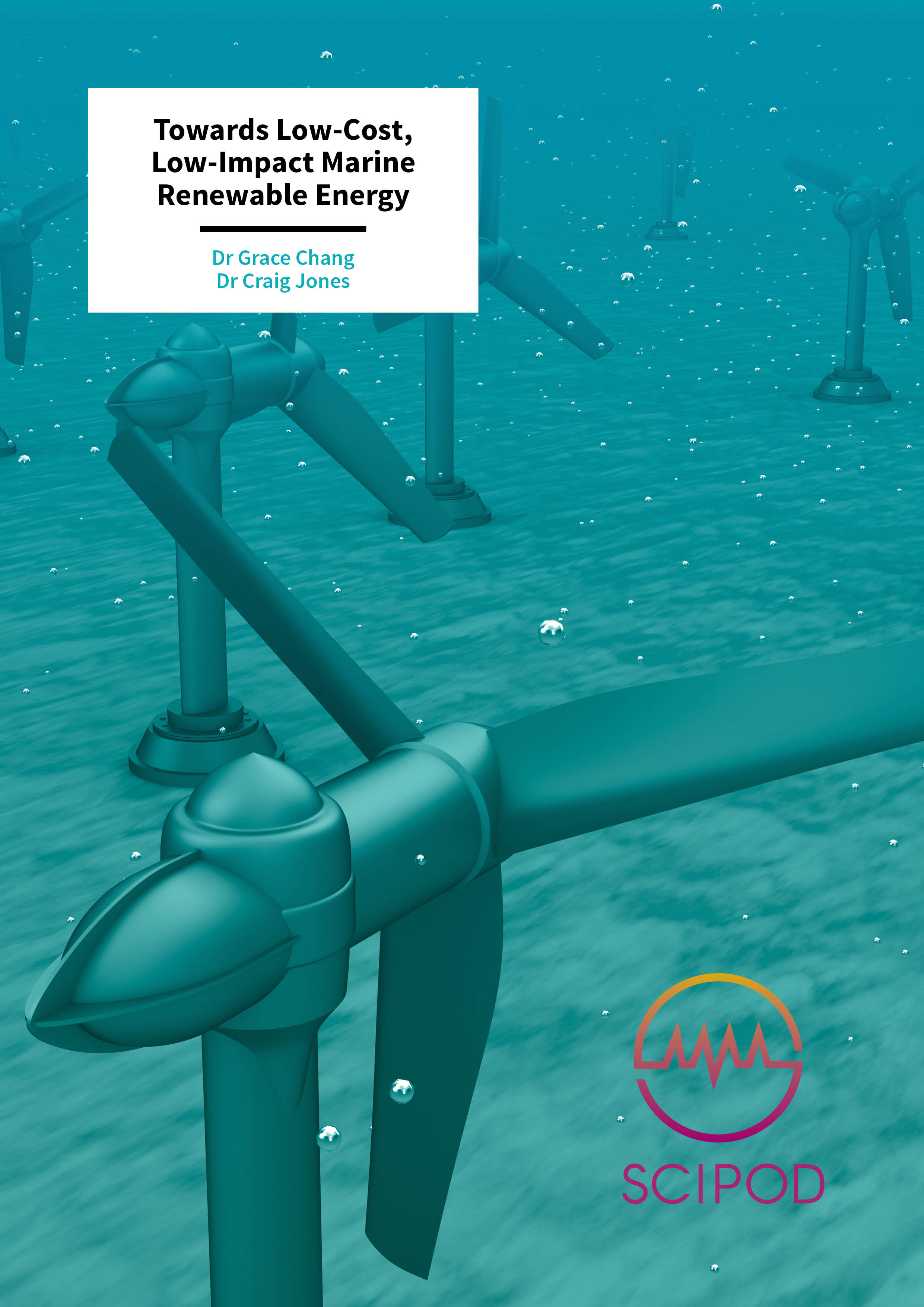
You may also like …
Determining the Link Between Ageing and Cardiovascular Disease – Drs Yu Wang, Bo Bai and Andy Man, The University of Hong Kong
Determining the Link Between Ageing and Cardiovascular Disease – Drs Yu Wang, Bo Bai and Andy Man, The University of Hong Kong
Ageing is the most significant risk factor for a range of prevalent cardiovascular and metabolic diseases, such as hypertension and obesity. Accordingly, new interventions are needed for delaying or preventing these disorders. Dr Yu Wang is a pioneering researcher at the University of Hong Kong who aims to identify potential therapeutic targets capable of slowing down and reversing the cardiovascular ageing process.
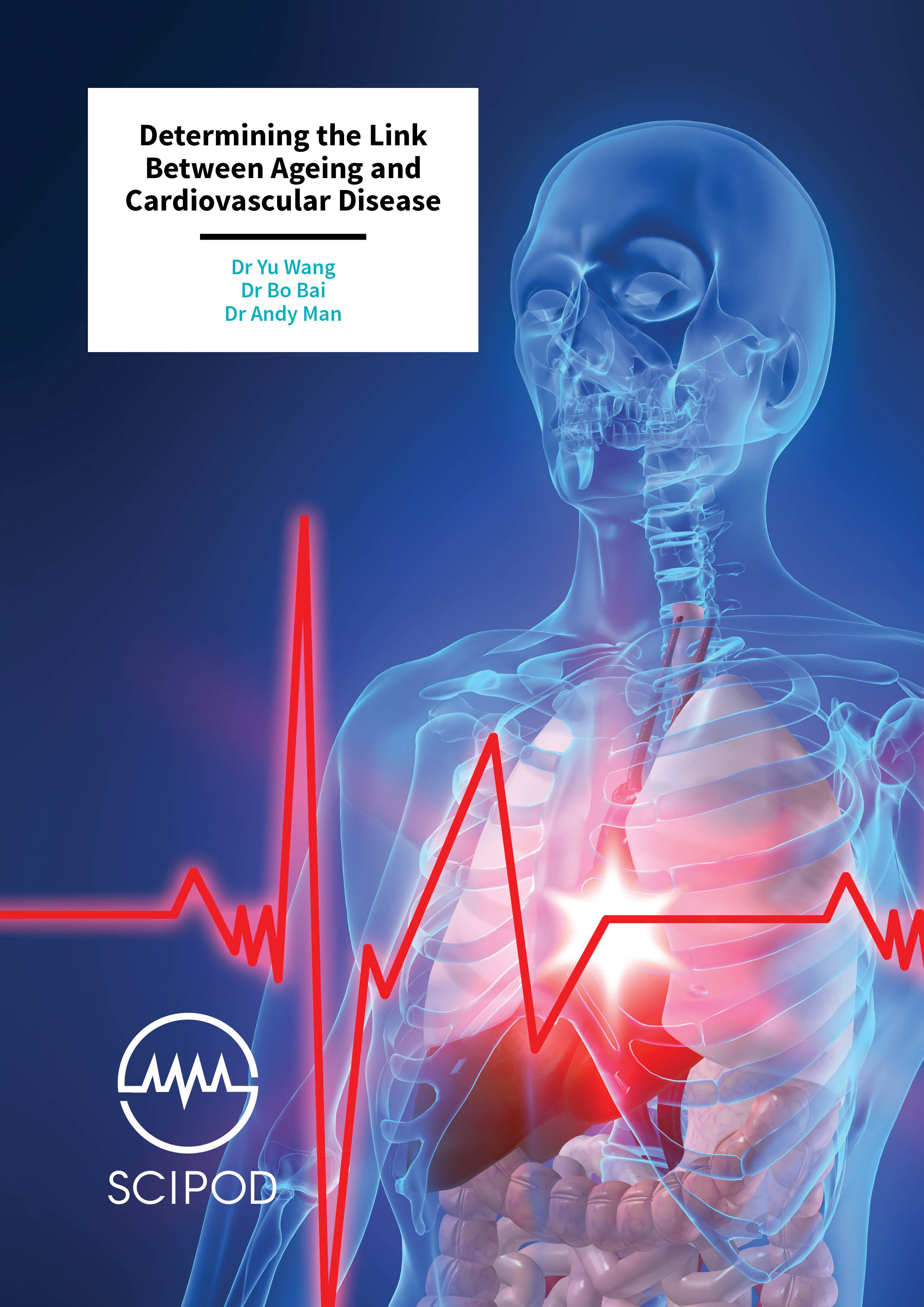
You may also like …
A Journey Through the Ocean: A Modern Approach to Science Education – Ocean Tracks
A Journey Through the Ocean: A Modern Approach to Science Education – Ocean Tracks
Research in the sciences is currently undergoing a massive transformation, as technological advancements shift big data into the forefront of investigative tools, and early education is looking for solutions to keep up. The Ocean Tracks program offers a structured learning tool that supports both students and teachers in tackling big data in the classroom.
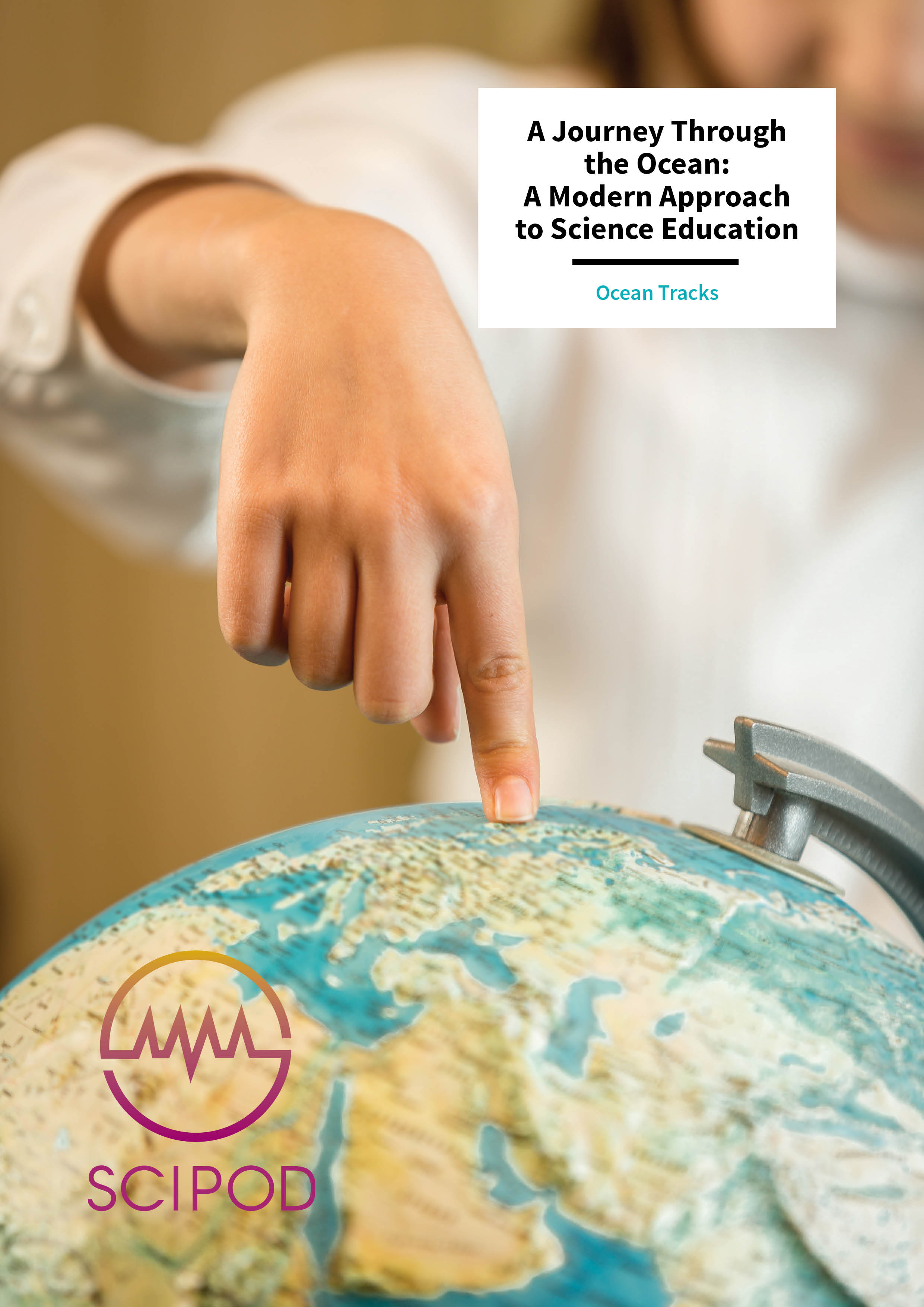
You may also like …
The High Cost of Grade Retention – Professors Jan N. Hughes and Stephen G. West
The High Cost of Grade Retention – Professors Jan N. Hughes and Stephen G. West
Holding students back a year sets them up for dropping out of school. Young adults who drop out are at higher risk for social and health problems later in life. Professors Jan N. Hughes and Stephen G. West of Texas A&M University and Arizona State University, respectively, have completed a 14-year longitudinal study of grade retention, providing the strongest evidence to date that retention in the elementary grades impairs students’ odds of completing high school.
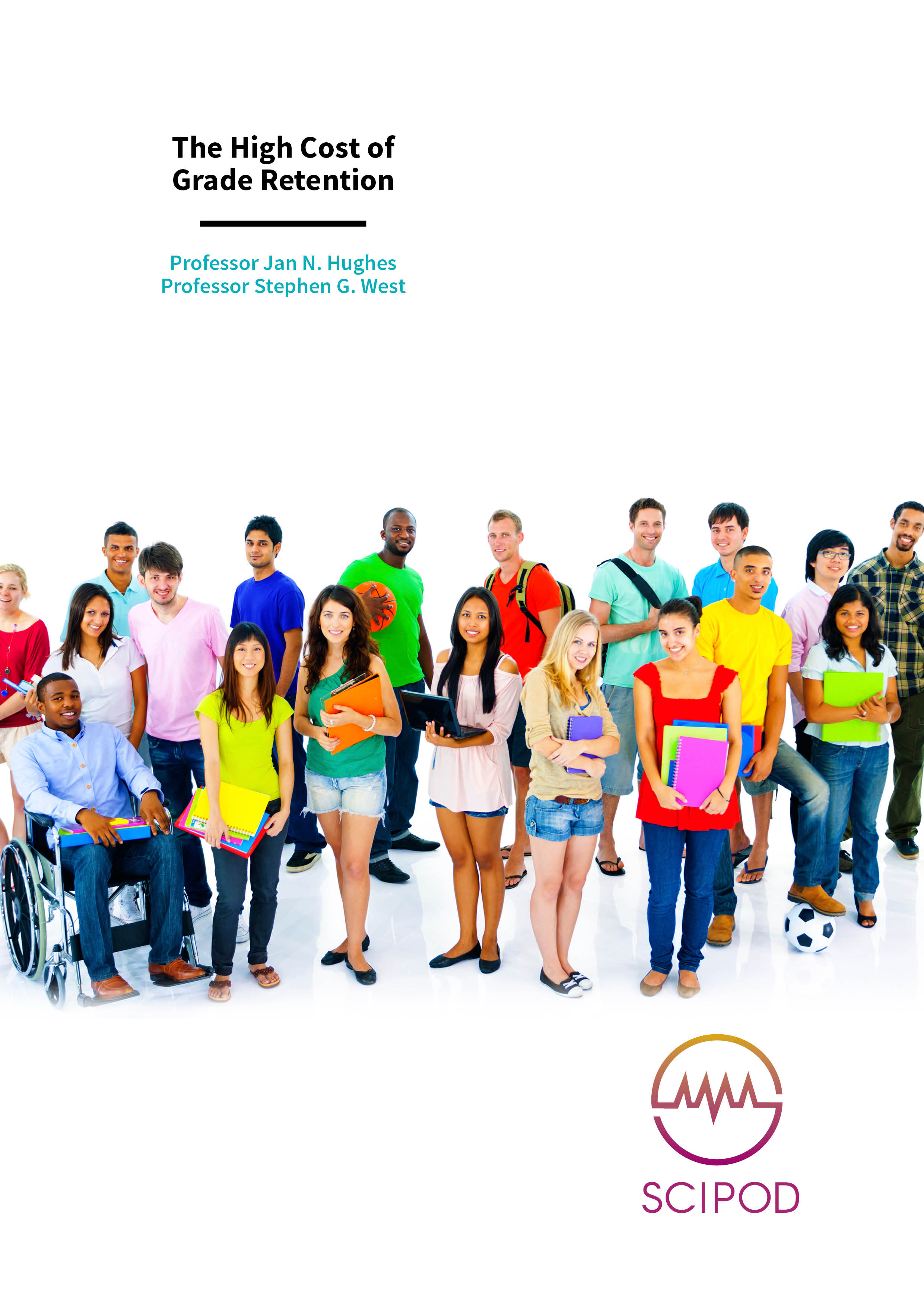
You may also like …
Understanding the Effects of Severe Windstorms on Buildings – Dr John Ginger, James Cook University
Understanding the Effects of Severe Windstorms on Buildings – Dr John Ginger, James Cook University
As natural disasters are affecting an increasing number of people worldwide, risk mitigation by design is of primary concern to engineers. One of those engineers is Dr John Ginger, Professor of Civil Engineering and Research Director of the Cyclone Testing Station at James Cook University, Australia. His team’s research focuses on the effect of catastrophic winds on buildings – principally, the effect of internal pressure and its contribution to the overall wind loads and the resulting structural response. Their work has been pivotal in developing improved building protocols.
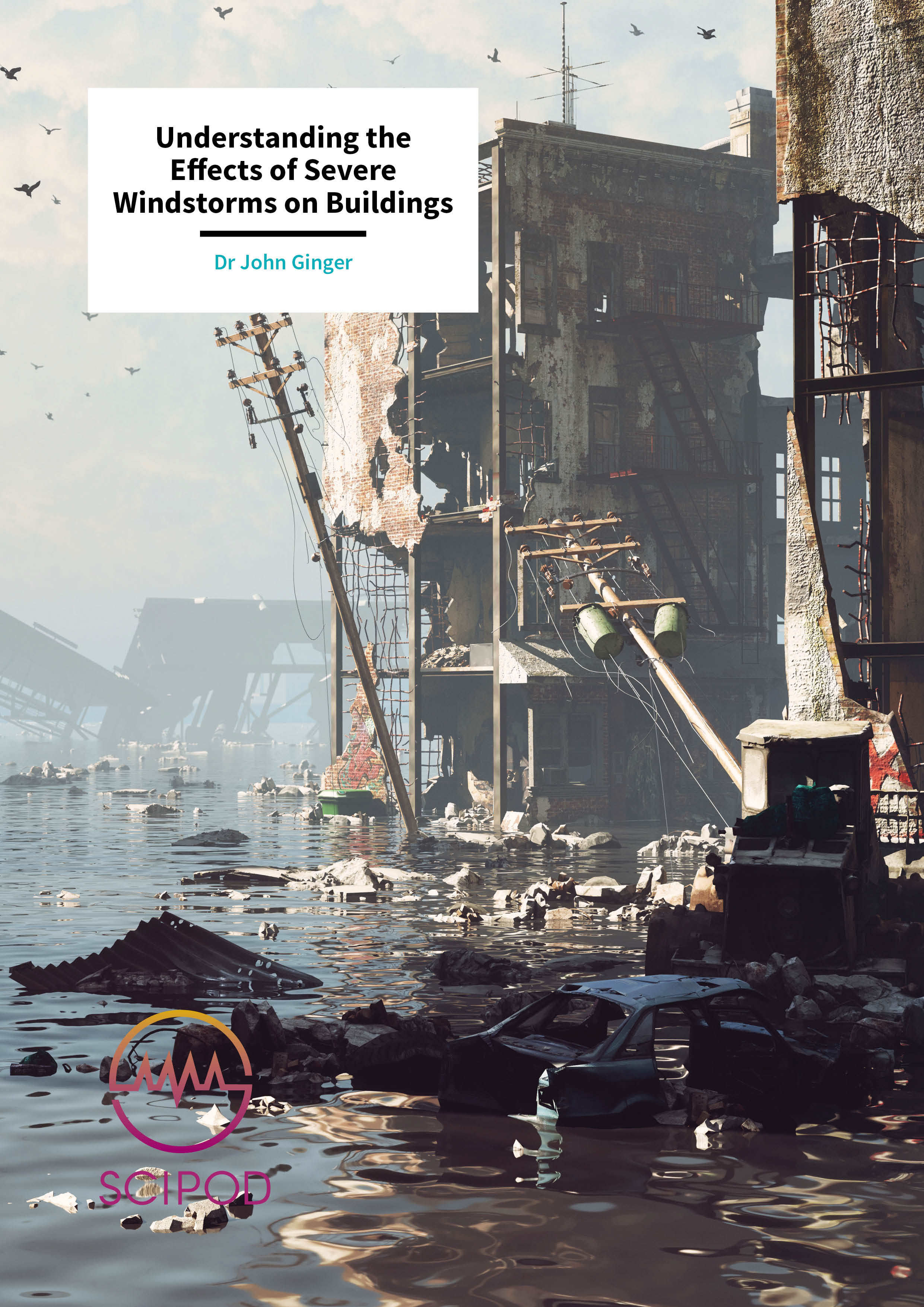
You may also like …
A Rare Universe? The Multiverse Debate Through the Lens of Philosophy – Dr Simon Friederich, University of Groningen
A Rare Universe? The Multiverse Debate Through the Lens of Philosophy – Dr Simon Friederich, University of Groningen
How did we get here? How could a universe with such simple physical laws have created something as complex as us? These questions are so fundamental that even after millennia, neither scientists nor philosophers have reached a universally satisfying answer. Dr Simon Friederich, a philosopher at the University of Groningen, focuses his attention on one particular suggested response to the mystery of our existence: that it can be explained by the hypothetical existence of many universes beyond our own. But like any worthy philosopher, he is aware of the limits of our ability to determine the truth in such fundamental matters.
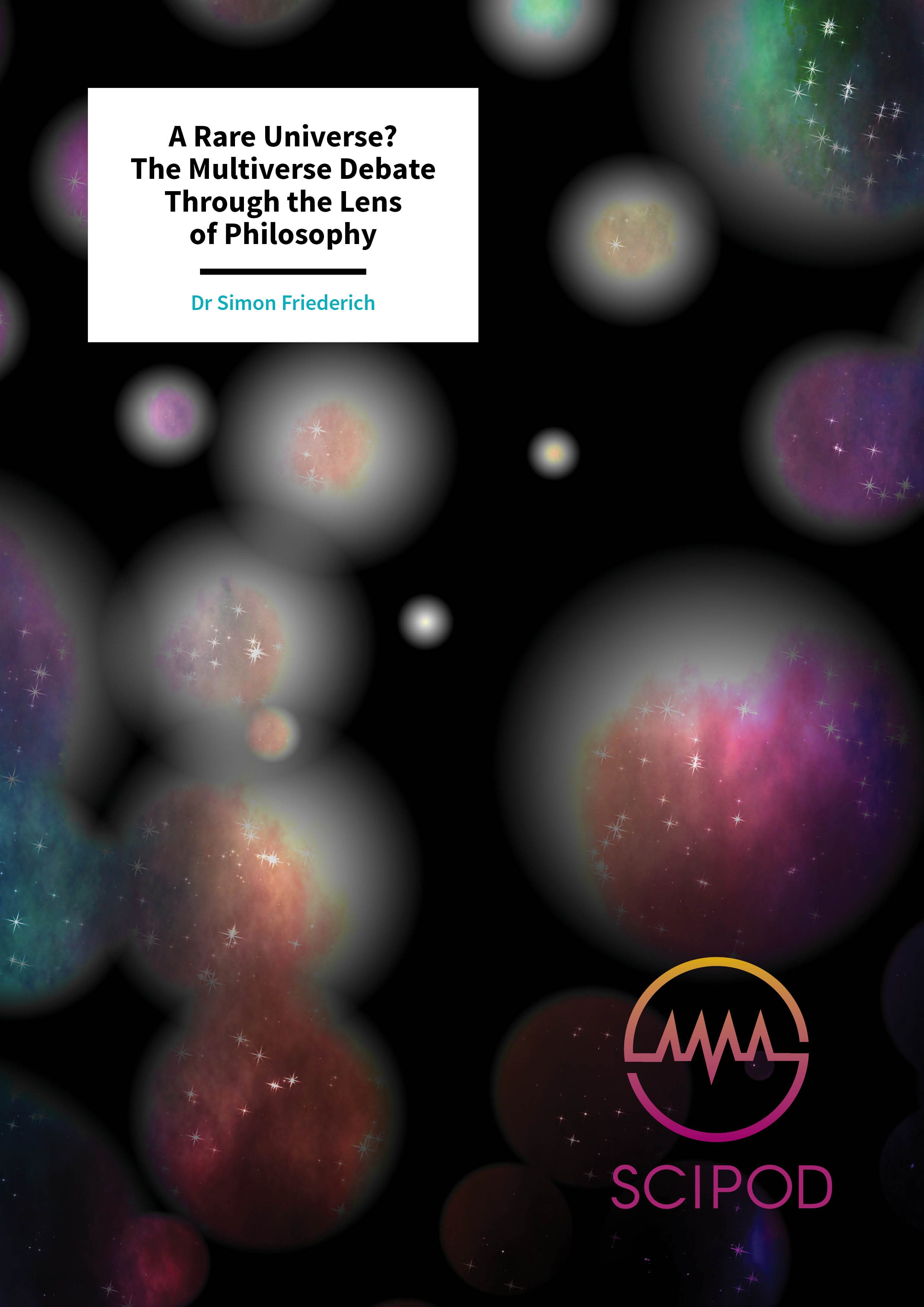
You may also like …
Tensor Networks Untangling the Mysteries of Quantum Systems – Dr Román Orús, Johannes Guttenberg Universität
Tensor Networks Untangling the Mysteries of Quantum Systems – Dr Román Orús, Johannes Guttenberg Universität
For decades, physicists have struggled endlessly with the problem of quantum many-body systems – systems containing multiple quantum particles. Because of quantum properties, the ways in which these systems behave are unpredictable when using conventional mathematics, making theoretical simulations virtually impossible. Now, Dr Román Orús at the Johannes Guttenberg Universität in Germany (soon moving to the Donostia International Physics Centre in Spain) believes that tensor networks will become a vital tool when exploring these unconventional properties. He hopes that the cutting-edge mathematical technique will have implications in fields from artificial intelligence to quantum gravity.
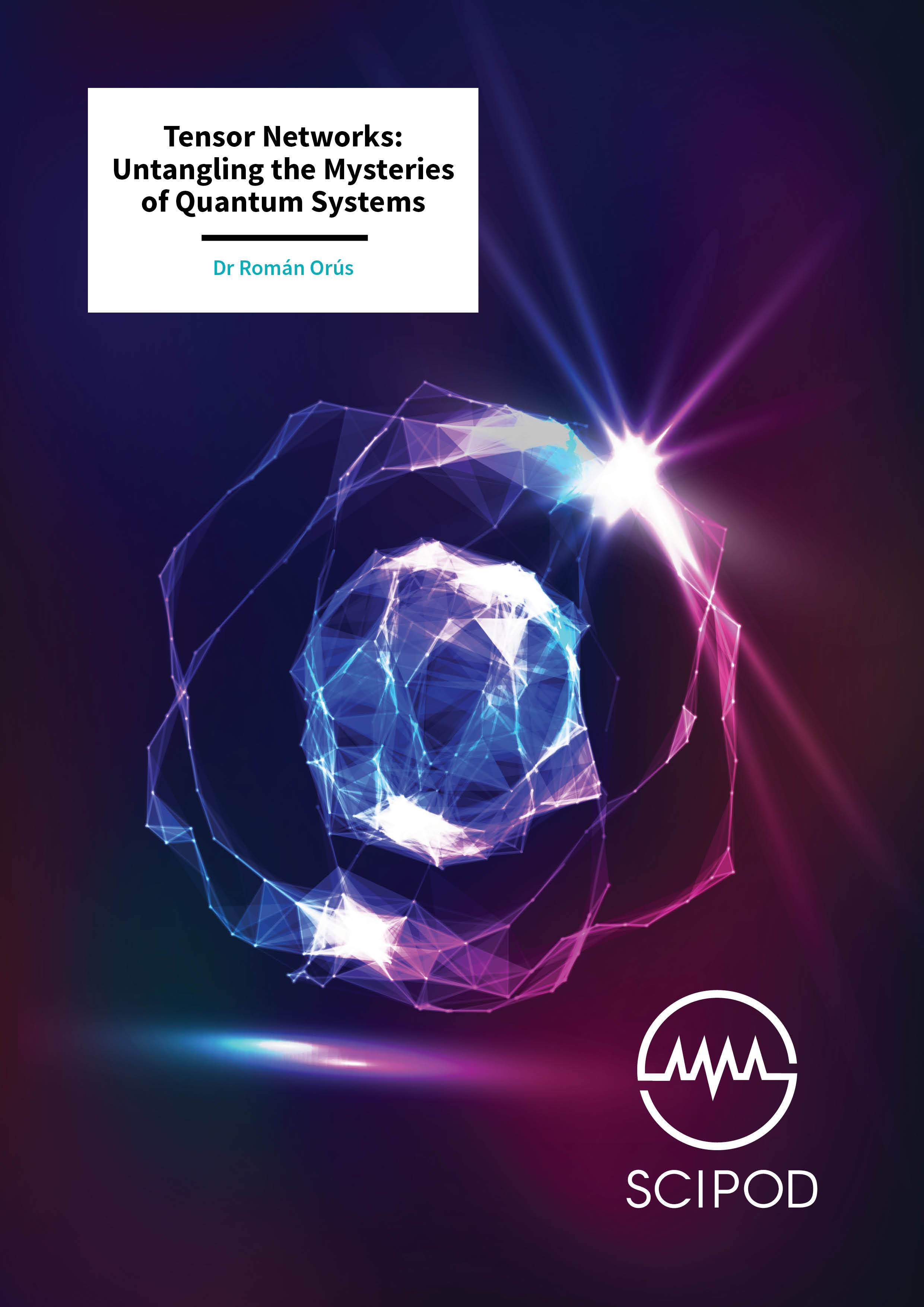
You may also like …
From Surviving to Thriving Boosting the Oral Feeding Performance of Premature Babies – CHANTAL LAU, PHD BAYLOR COLLEGE OF MEDICINE
From Surviving to Thriving Boosting the Oral Feeding Performance of Premature Babies – CHANTAL LAU, PHD BAYLOR COLLEGE OF MEDICINE
The survival rates of premature babies are increasing all the time, but many struggle to develop proper oral feeding skills. This can result in longer hospital stays due to delayed development of important skills, such as swallowing and proper coordination of swallow and breathing to minimise milk penetration into the lungs. Professor Chantal Lau, Adjunct Associate Professor of Pediatrics at the Baylor College of Medicine, Houston, USA has been researching why these babies have difficulties feeding by mouth and what can be done to help them.
You may also like …
Tackling Trauma: A Revolutionary Approach to Emergency Medical Care – Dr Kayvan Najarian, University of Michigan
Tackling Trauma: A Revolutionary Approach to Emergency Medical Care – Dr Kayvan Najarian, University of Michigan
The multiple injuries sustained in a traumatic accident put victims’ lives at risk and can be difficult to diagnose accurately in fast paced emergency room settings. Dr Kayvan Najarian and his team of researchers at the University of Michigan are designing advanced automated trauma decision support systems that can help emergency physicians make critical time-sensitive decisions in life or death situations.
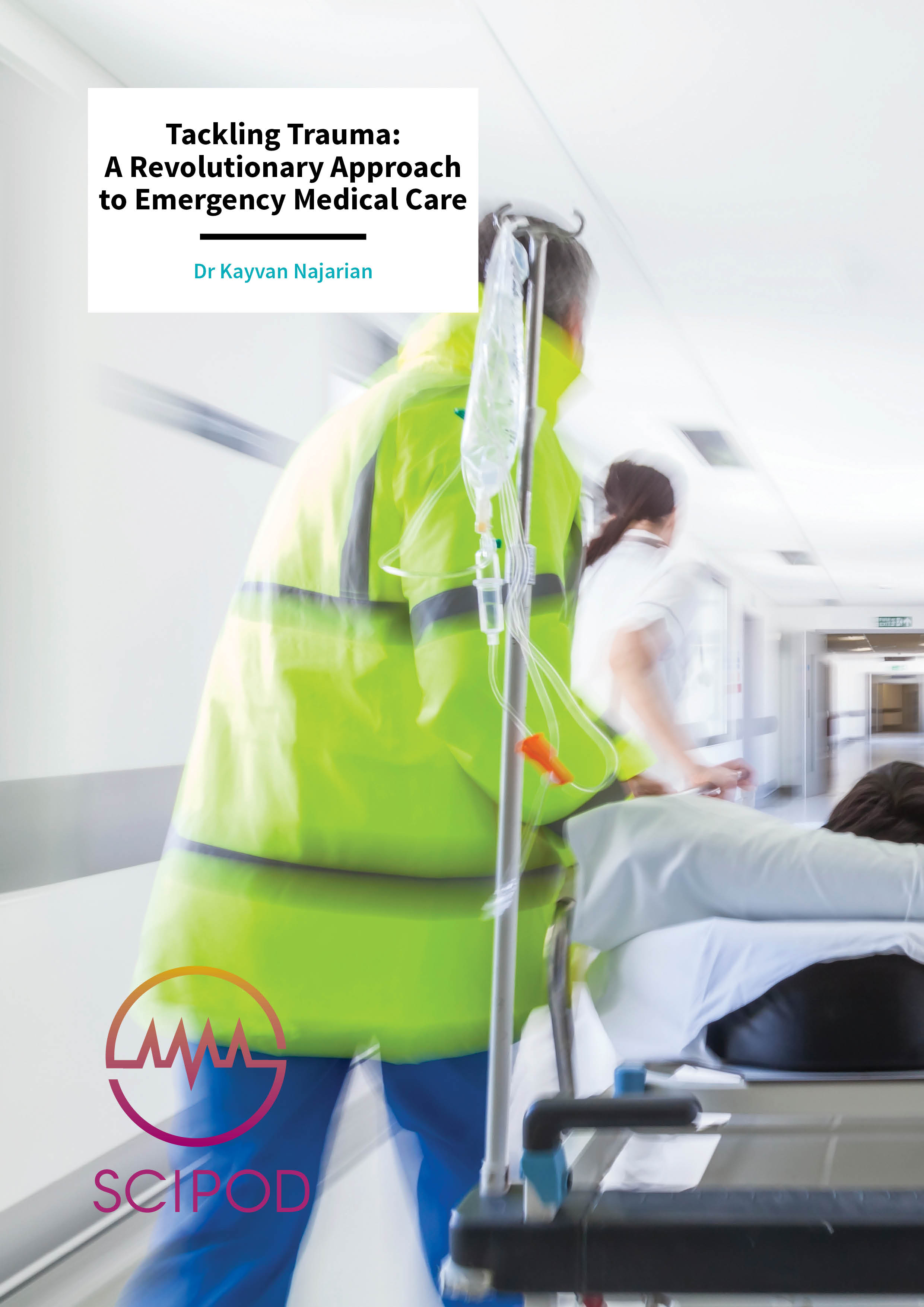
You may also like …
An Absorbing Tale of the Intestine Unfolds – Andrew M. Freddo, Dr Katherine D. Walton, Professor Deborah L. Gumucio
An Absorbing Tale of the Intestine Unfolds – Andrew M. Freddo, Dr Katherine D. Walton, Professor Deborah L. Gumucio
Understanding the mechanisms behind the development of the small intestine will help aid discovery of new therapies targeting intestinal disorders. Andrew Freddo and his colleagues at the University of Michigan Medical School are working to understand these life-threatening disorders that currently have limited treatment options.
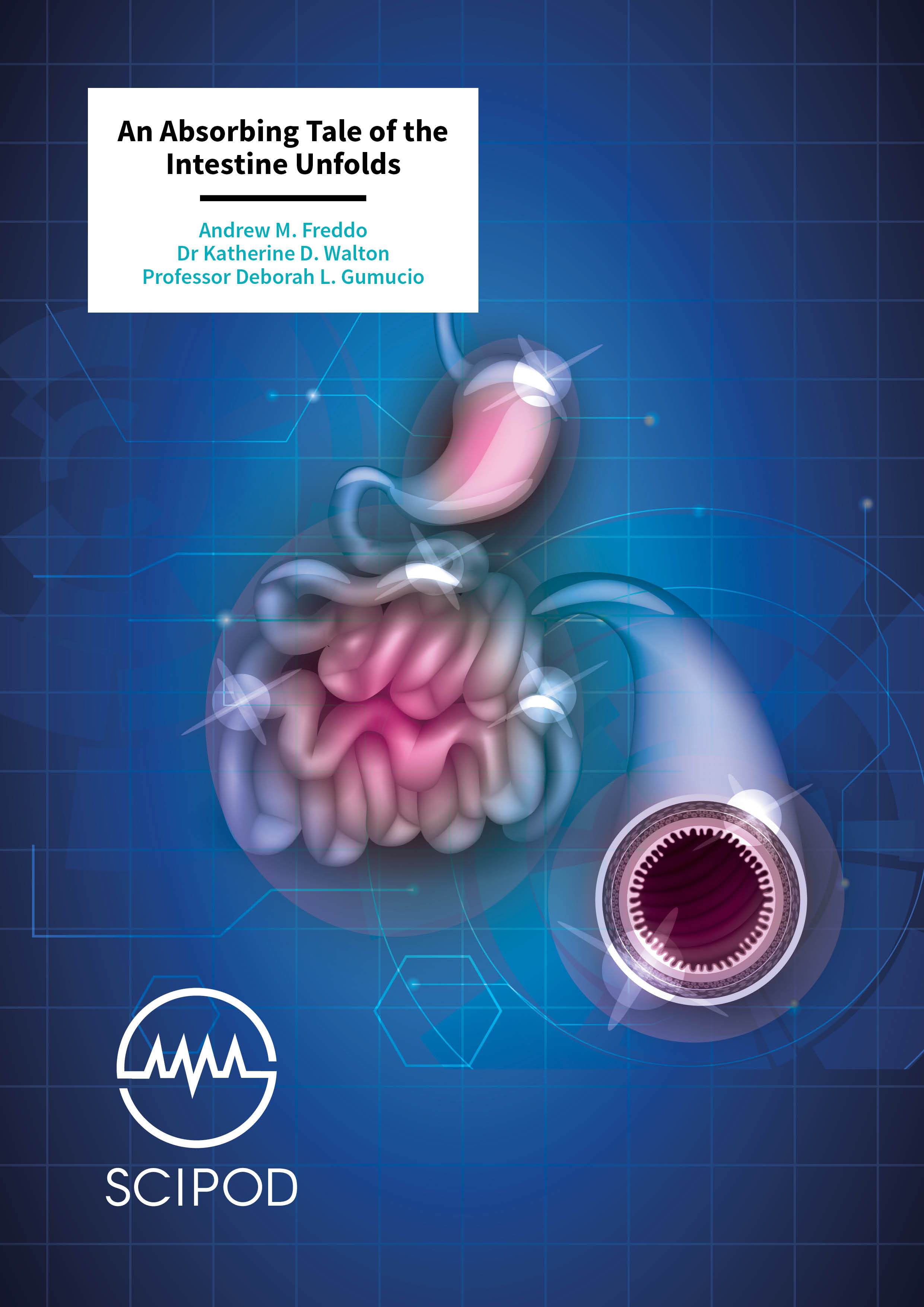
You may also like …
Collaborating for a Cleaner Future – Dr Justyna Widera-Kalinowska, Adelphi University
Collaborating for a Cleaner Future – Dr Justyna Widera-Kalinowska, Adelphi University
The greatest challenges facing humanity over the next decades involve finding renewable sources of energy and finding ways to restore natural resources such as clean water that have been polluted by industrialisation. Dr Justyna Widera-Kalinowska of Adelphi University uses innovative nanohybrid materials to address these problems and is engaged in an international effort to train the next generation of chemists to build a cleaner future.
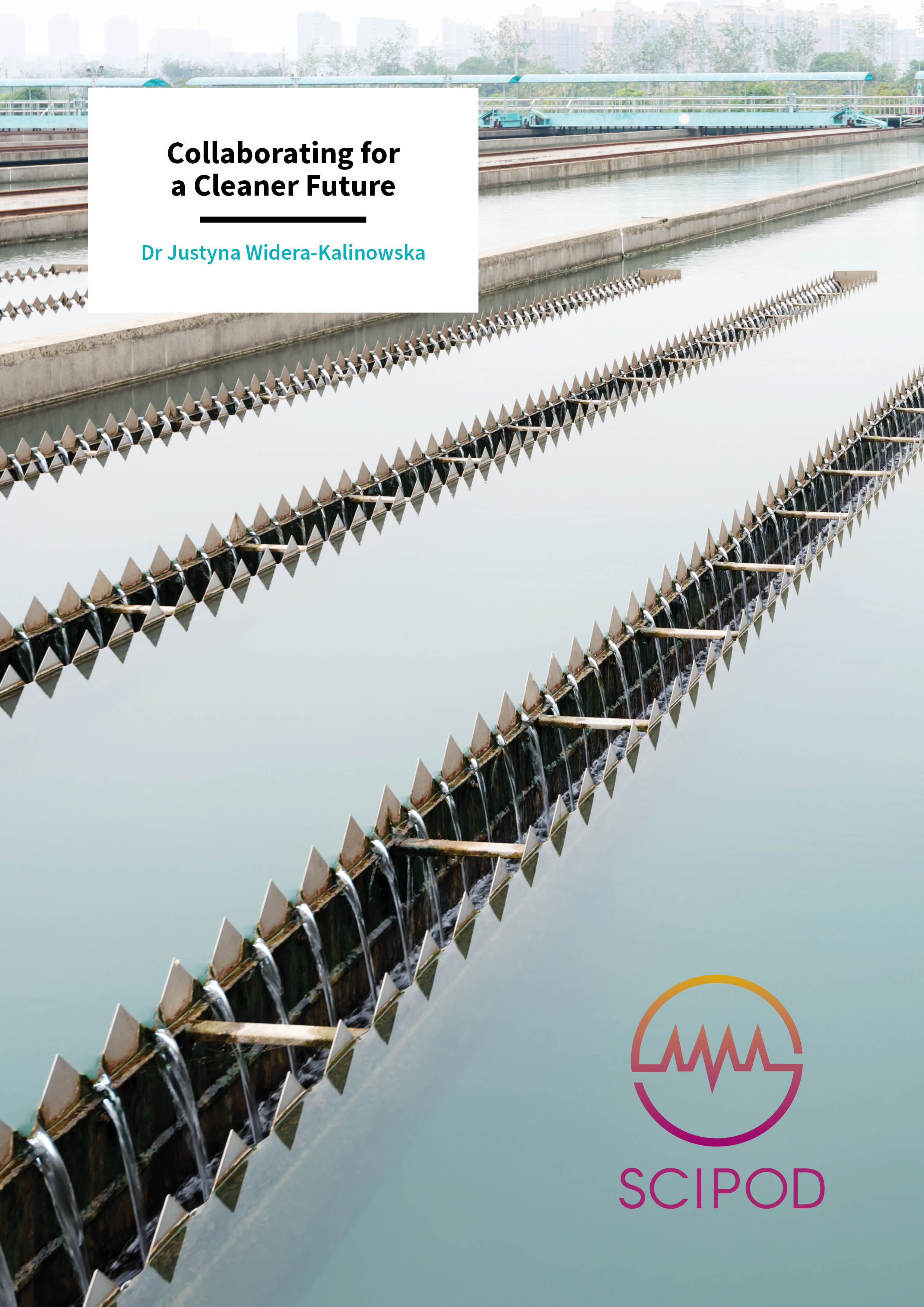
You may also like …
Challenging Students to Reach Further in Scientific Education – Dr Melanie Van Stry, Lane College
Challenging Students to Reach Further in Scientific Education – Dr Melanie Van Stry, Lane College
Associate Professor of Biology at Lane College, Dr Melanie Van Stry is undertaking educational and scientific research to support students in achieving their maximum academic potential. Her goals are to increase student retention and to improve learning and scientific skills in biology and chemistry degree courses.
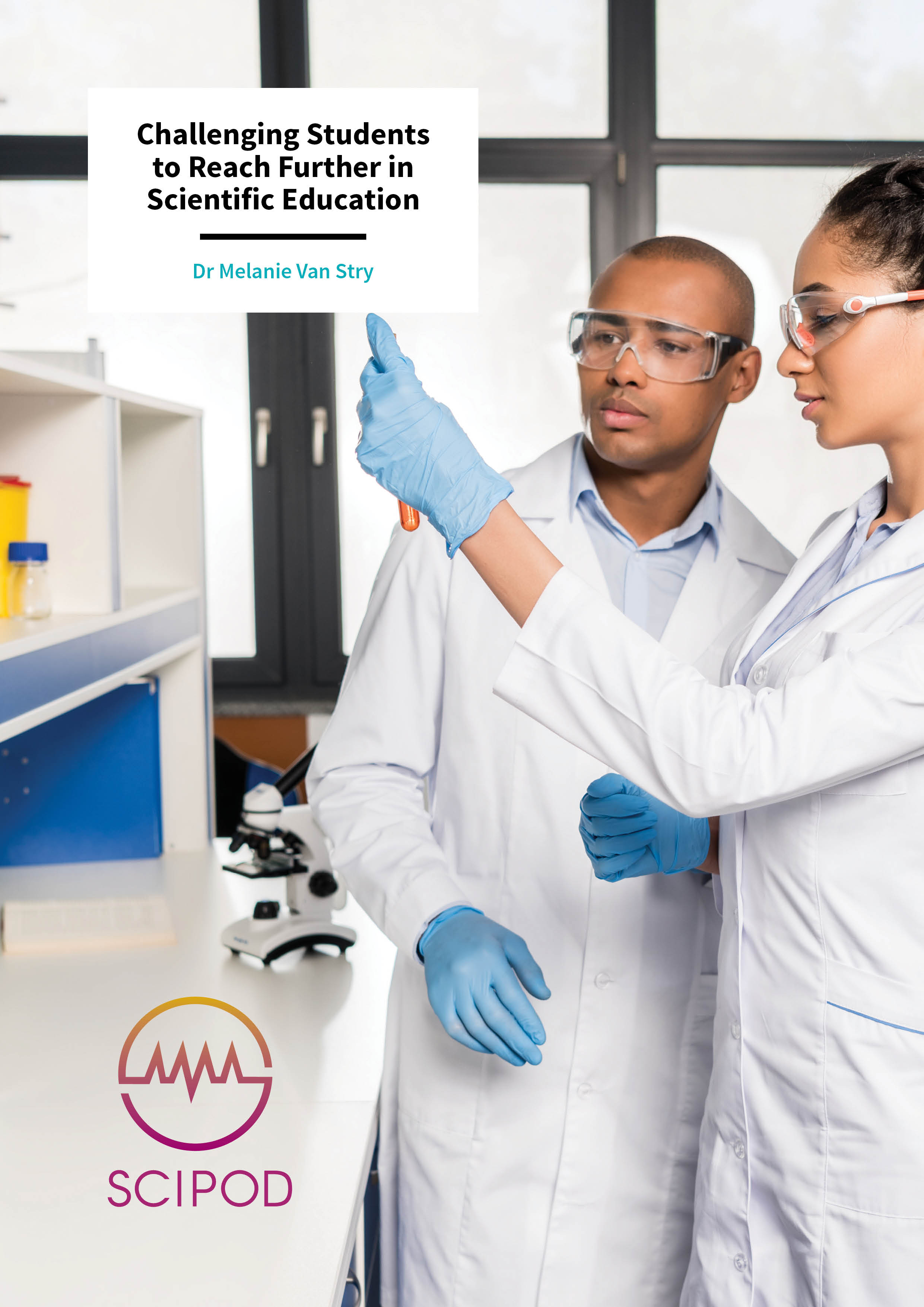
You may also like …
Improved Drought Early Warning Science Helps Save Lives and Livelihoods in Africa – Climate Hazards Group, University of California Santa Barbara
Improved Drought Early Warning Science Helps Save Lives and Livelihoods in Africa – Climate Hazards Group, University of California Santa Barbara
Bringing together multidisciplinary scientists and food security analysts from UC Santa Barbara, Africa and Central America, the Climate Hazards Group develops datasets, tools and forecasts that help guide effective disaster responses and long-term development plans in food insecure countries. Working closely with partners in the US Geological Survey, NASA, and the Famine Early Warning Systems Network, the team uses climate and hydrologic models, satellite-based earth observations, and socio-economic data sets to predict and monitor droughts and food shortages among the world’s most vulnerable populations, supporting critical planning and timely humanitarian assistance that save lives and livelihoods.
[lbg_audio2_html5 settings_id=’91’]
